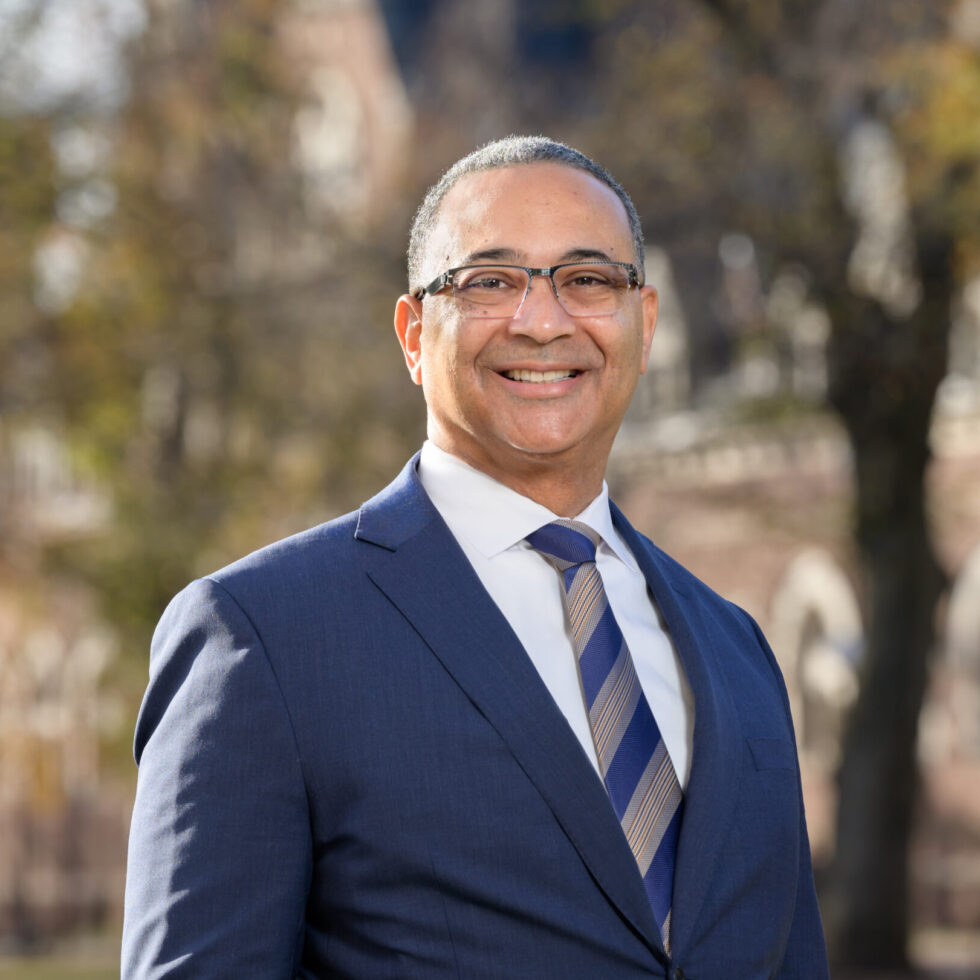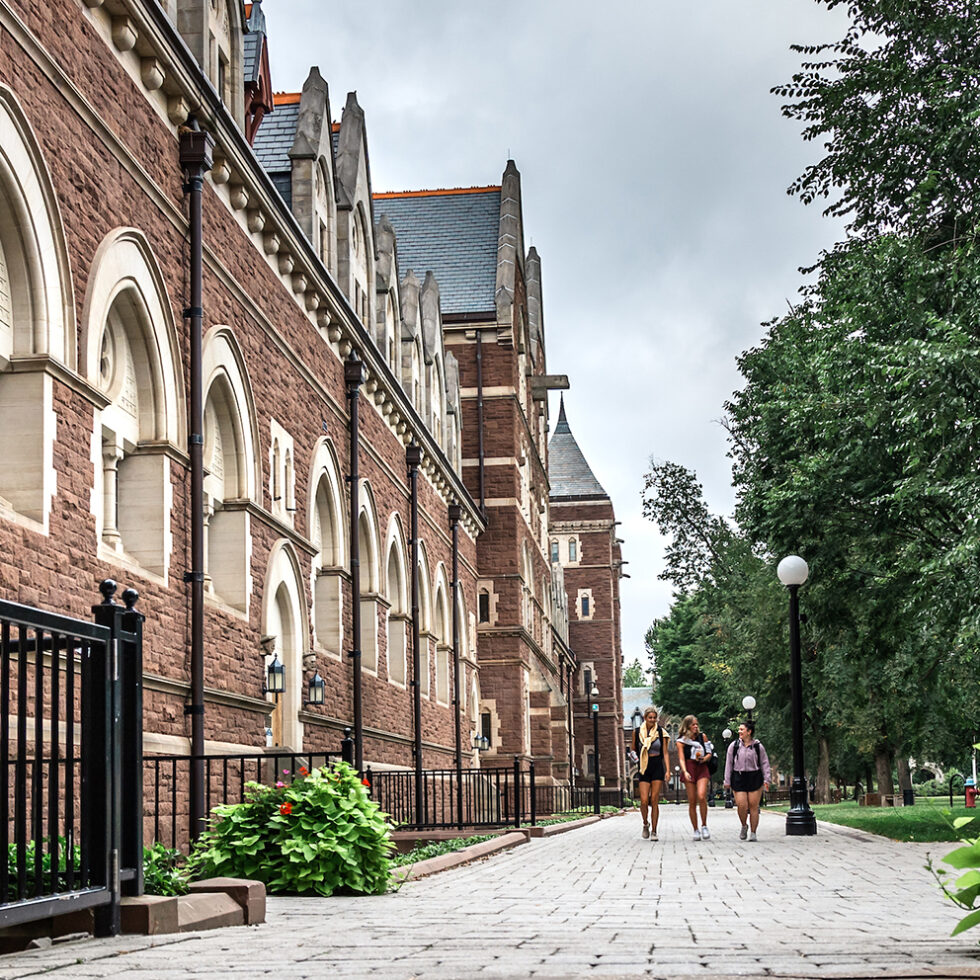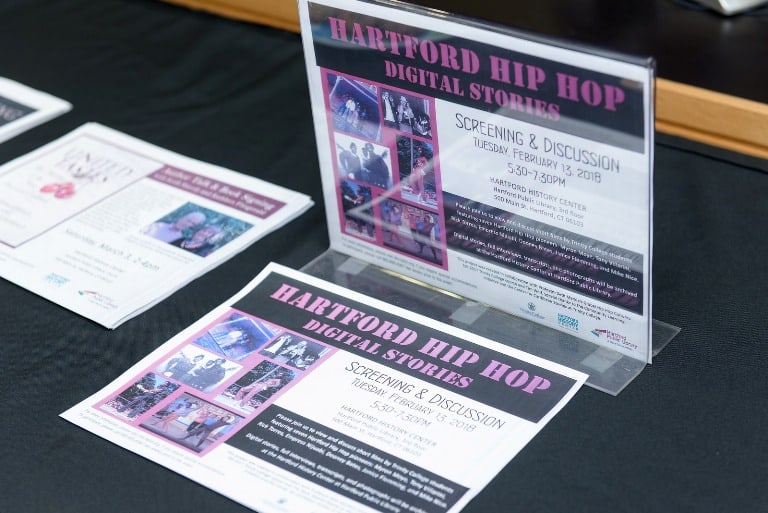
Liberal arts exploration
meets real-world opportunity
programs
Create your academic future.

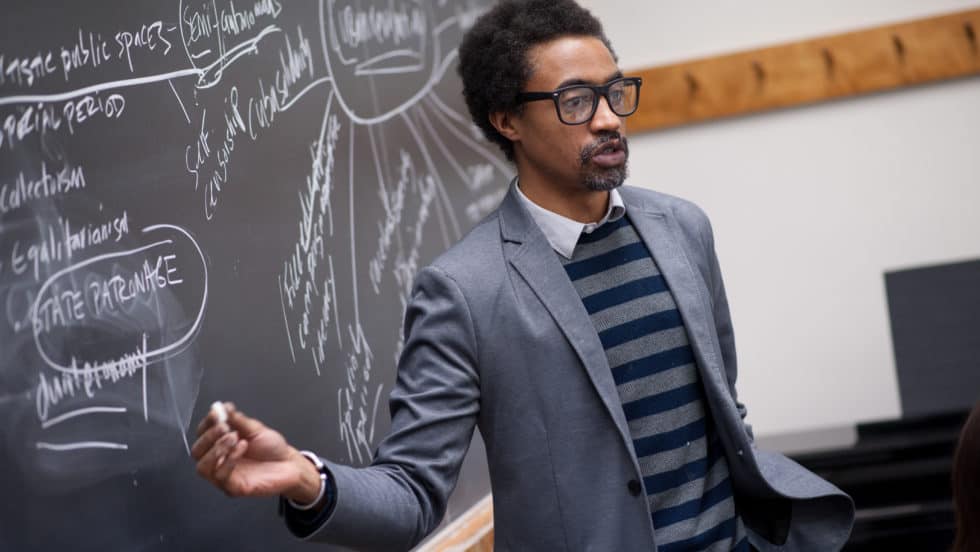
African Studies
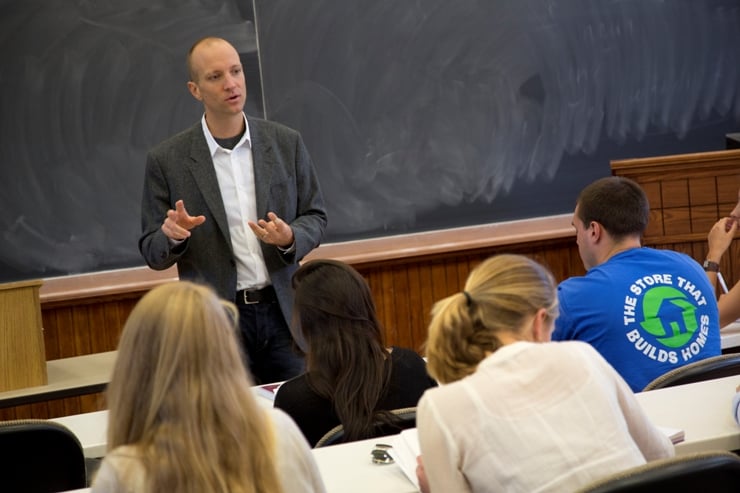
American Studies
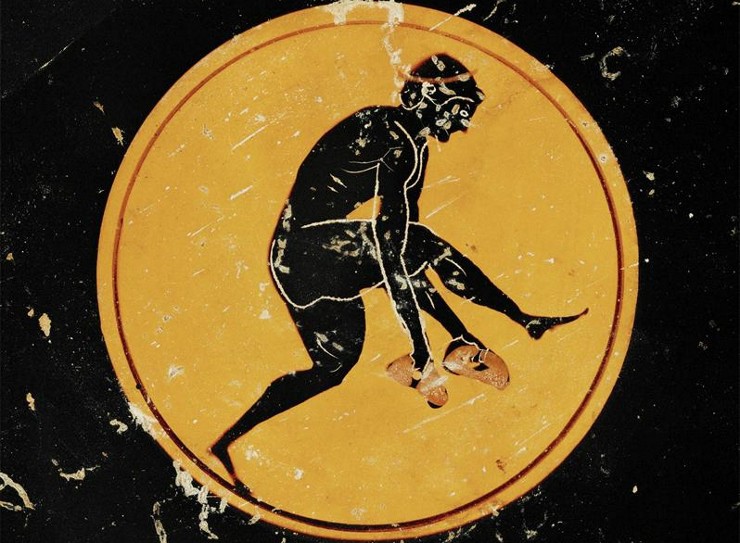
Ancient Greek
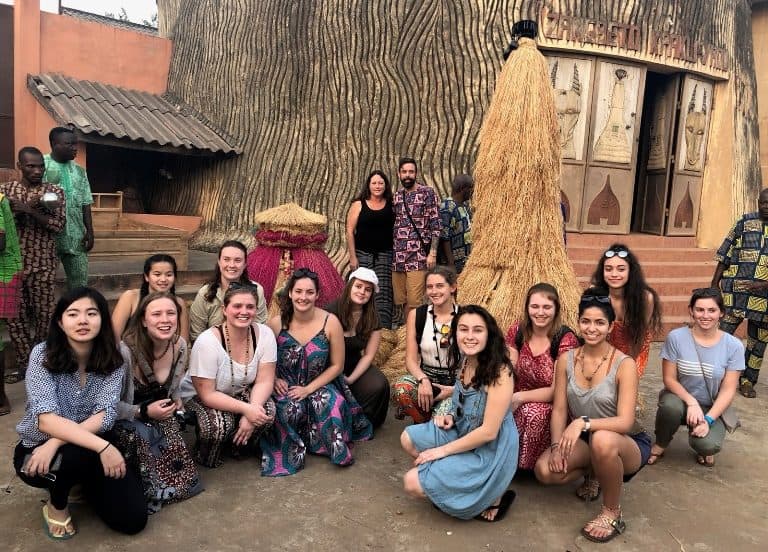
Anthropology
Applied Mathematics
Arabic
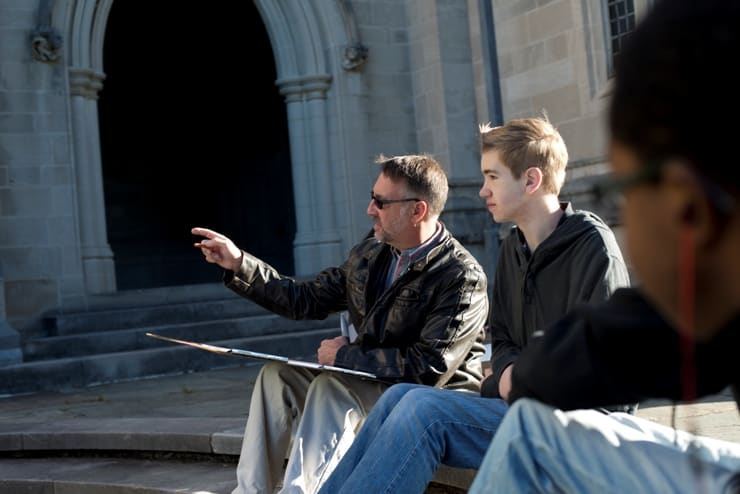
Architectural Studies
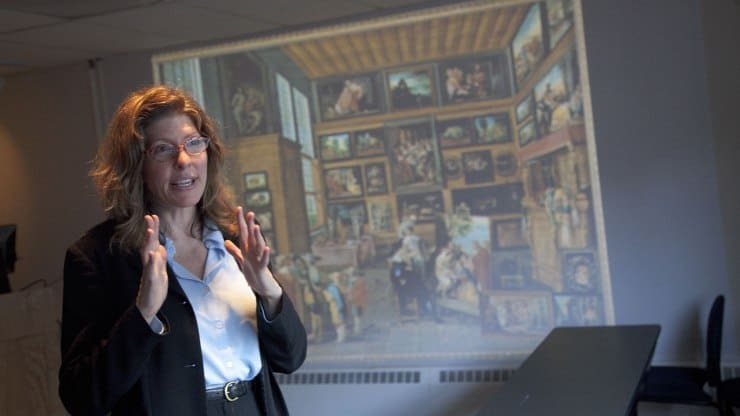
Art History
Asian Studies
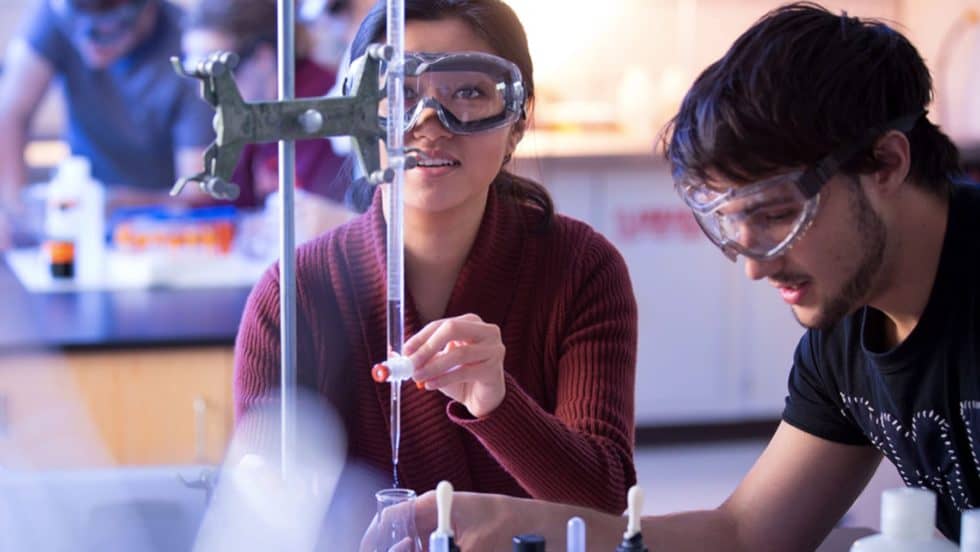
Biochemistry
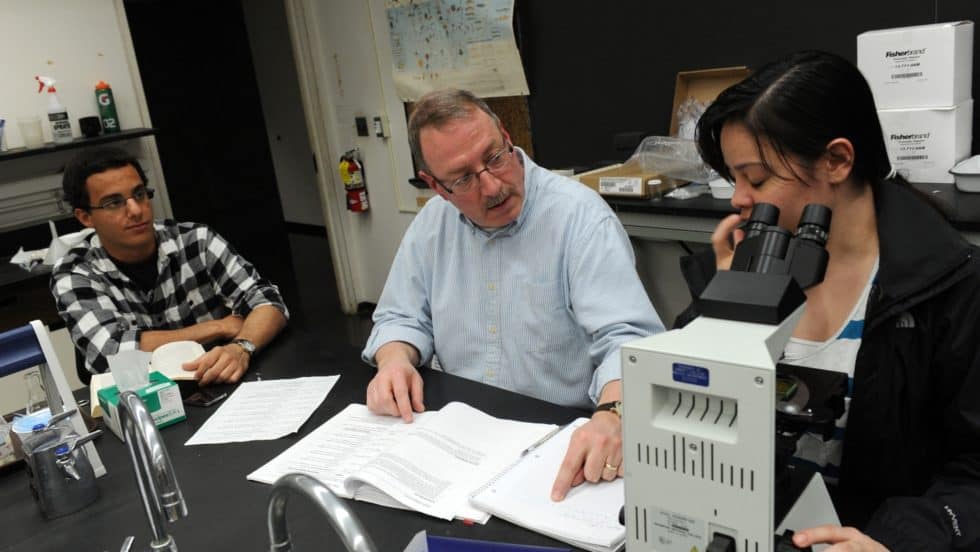
Biology
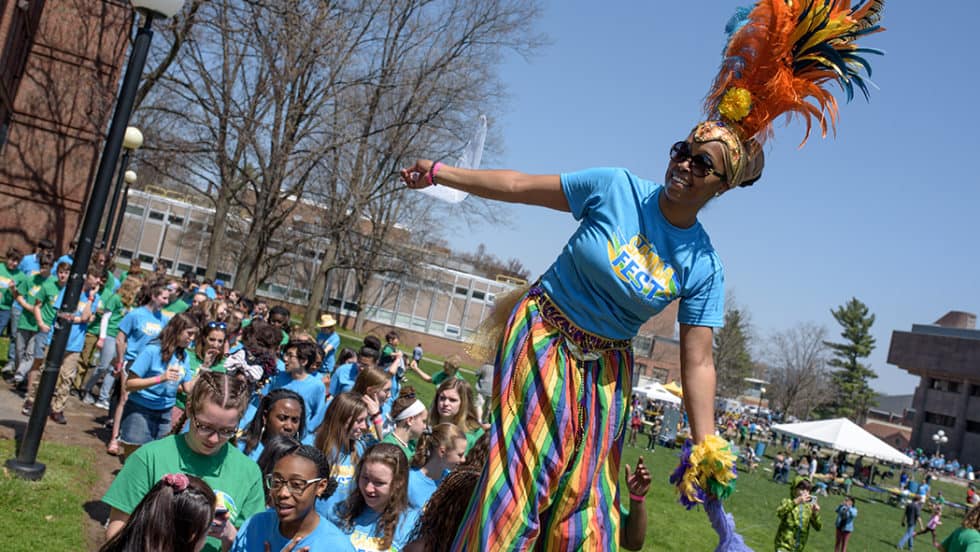
Caribbean and Latin American Studies
Center for Academic and Experiential Advising

Center for Caribbean Studies
Center for Hartford Engagement and Research
Center for Teaching and Learning
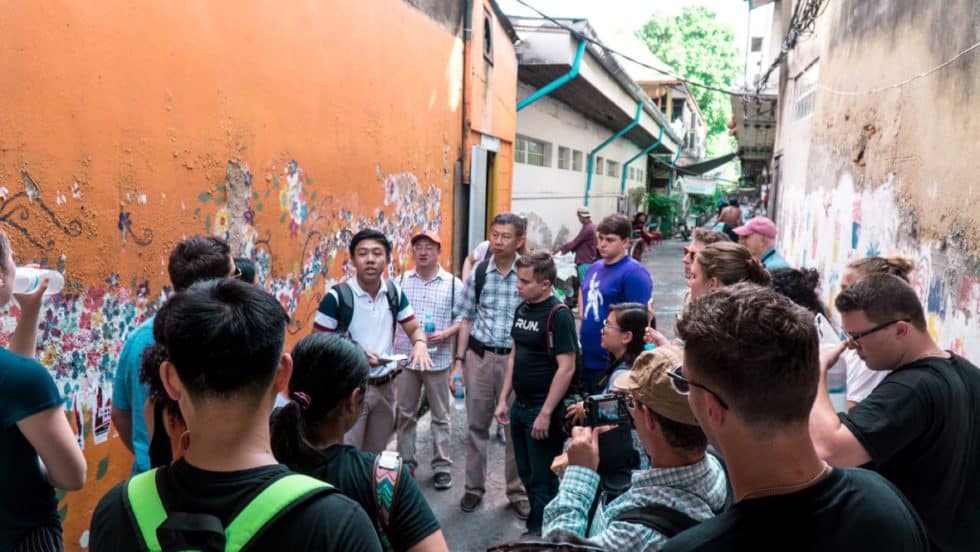
Center for Urban and Global Studies

Chemistry
Chinese
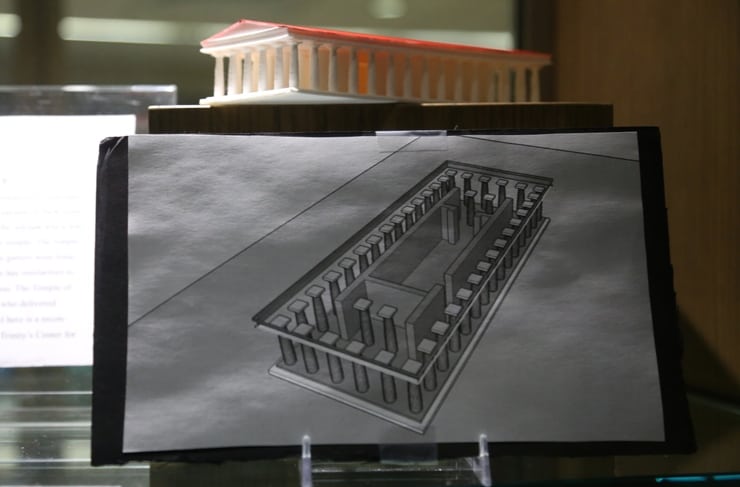
Classical Antiquity
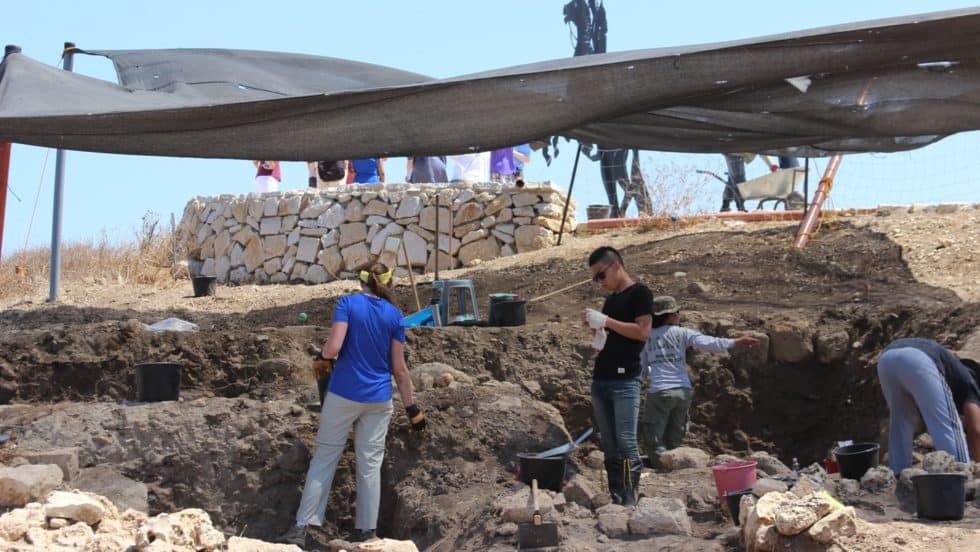
Classical Studies
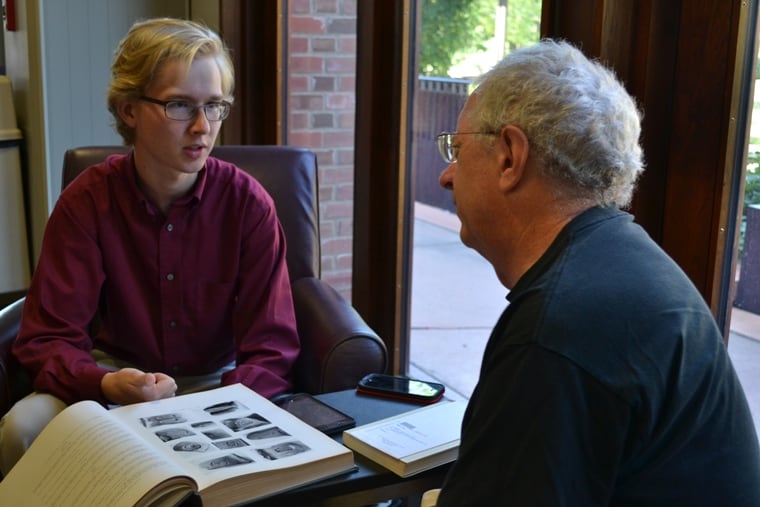
Classical Tradition
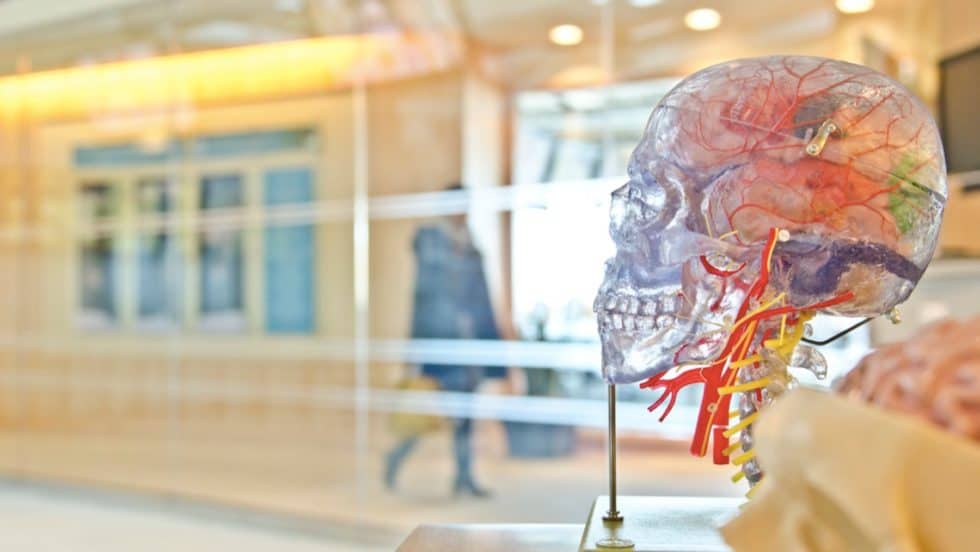
Cognitive Science
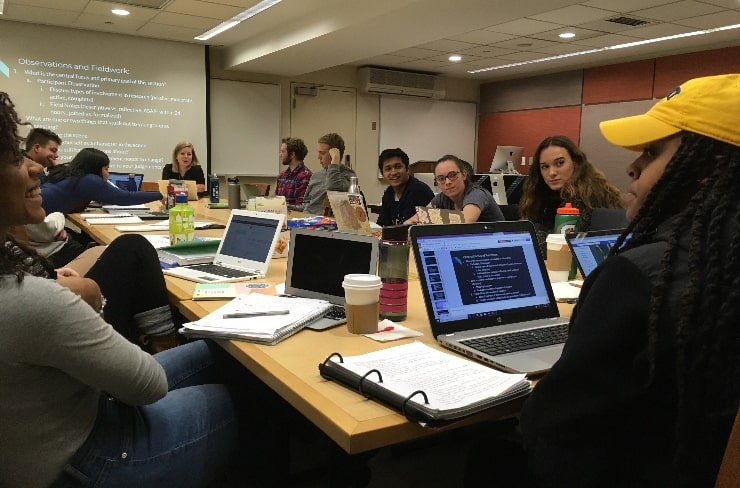
Community Action
Community Learning Initiative
Computer Science

Economics
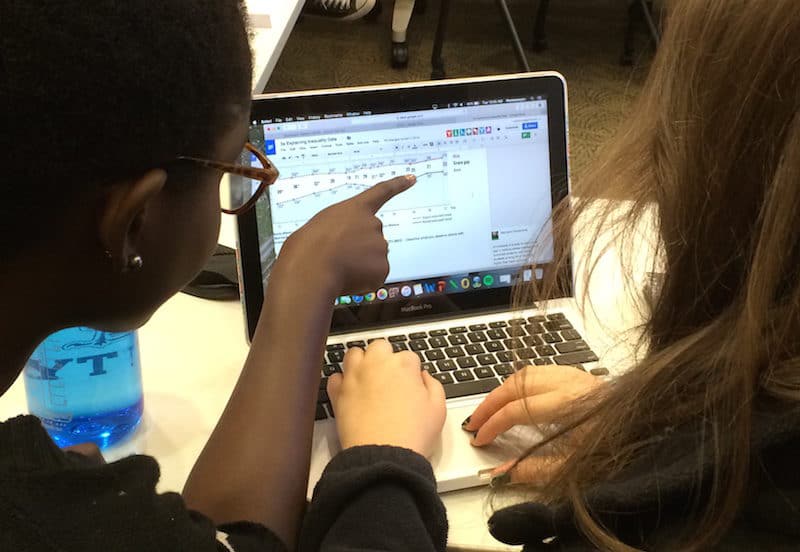
Educational Studies
Electron Microscopy Facility
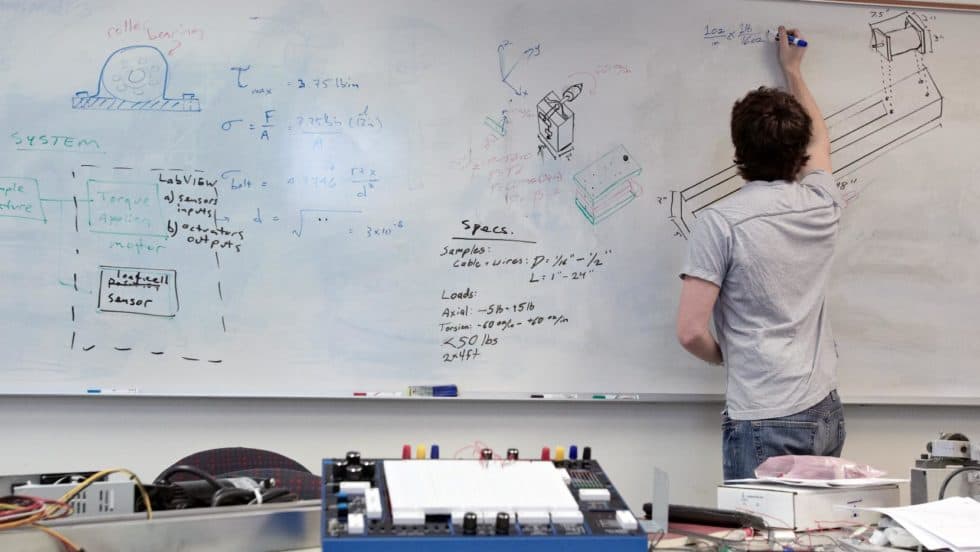
Engineering
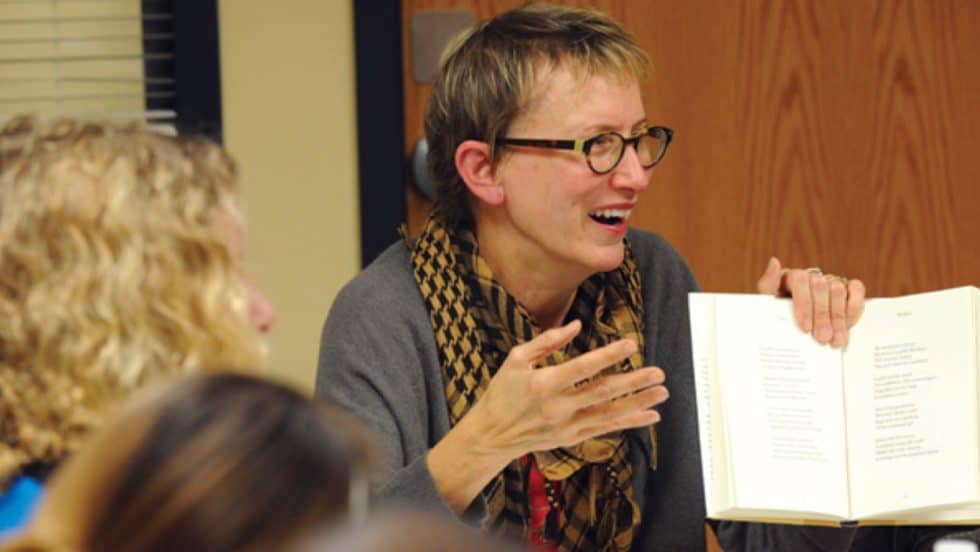
English
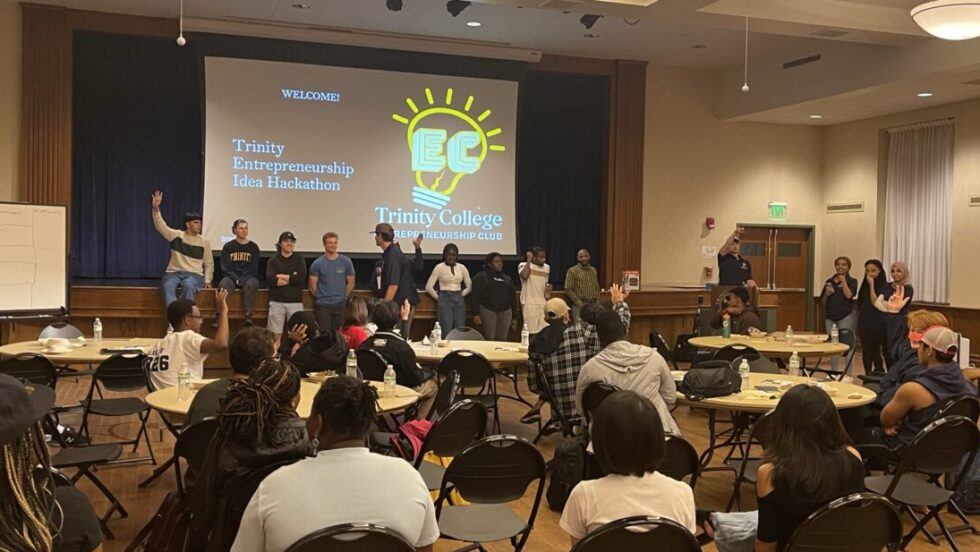
Entrepreneurship at Trinity
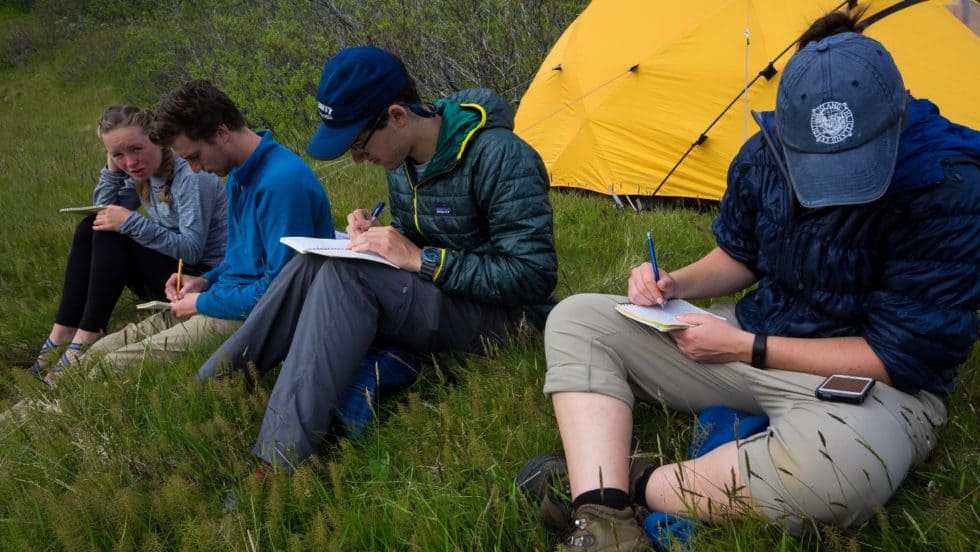
Environmental Science
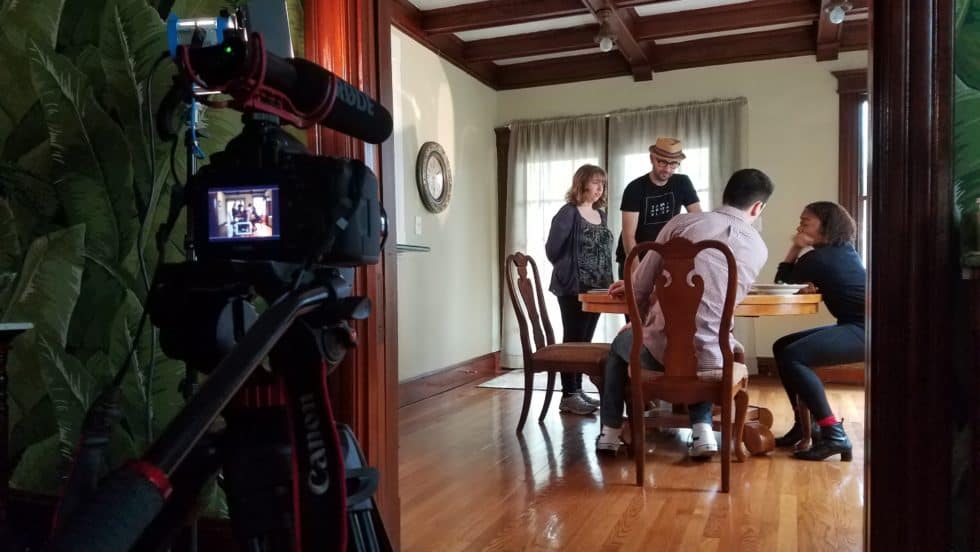
Film Studies
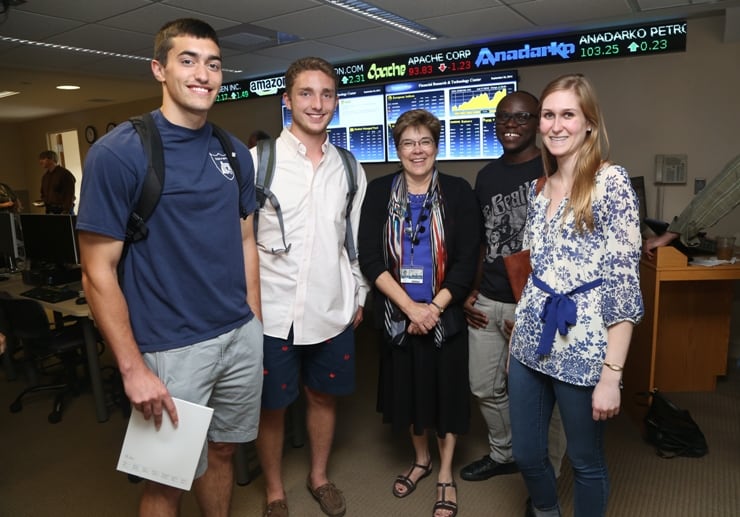
Financial Research & Technology Center
Formal Organizations
French Studies
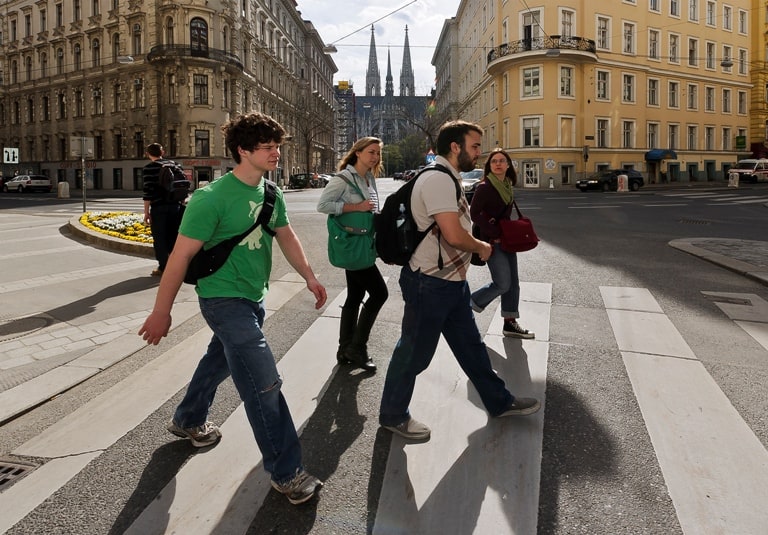
German Studies
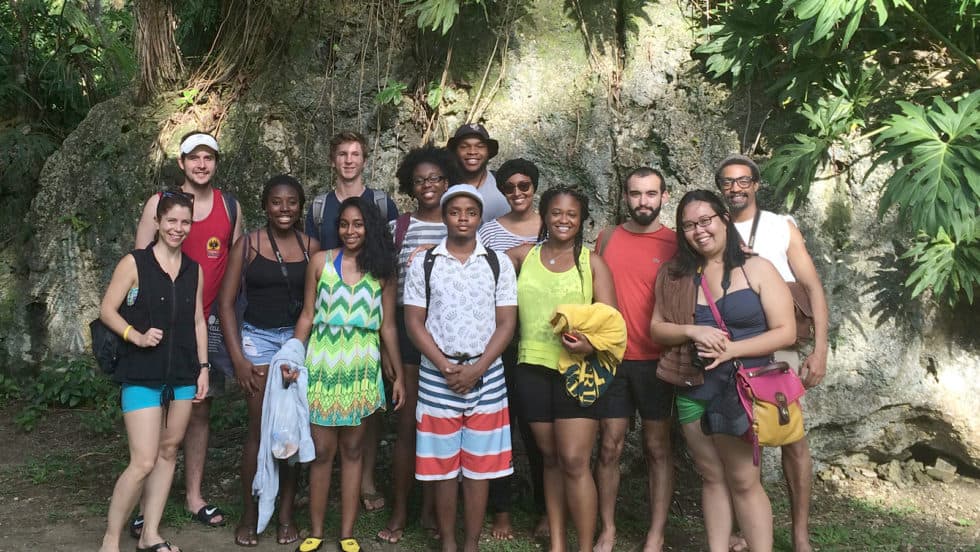
Global Health Humanities Gateway Program
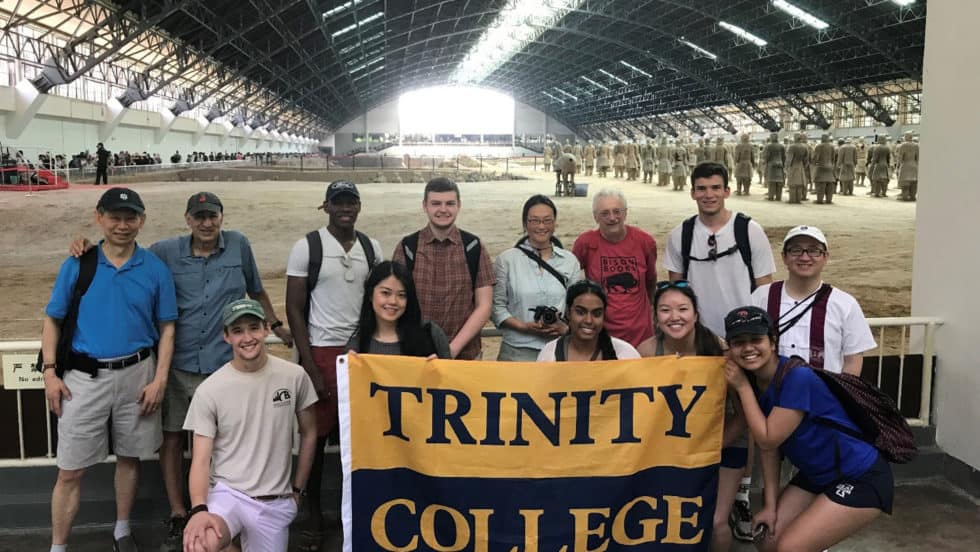
Global Studies
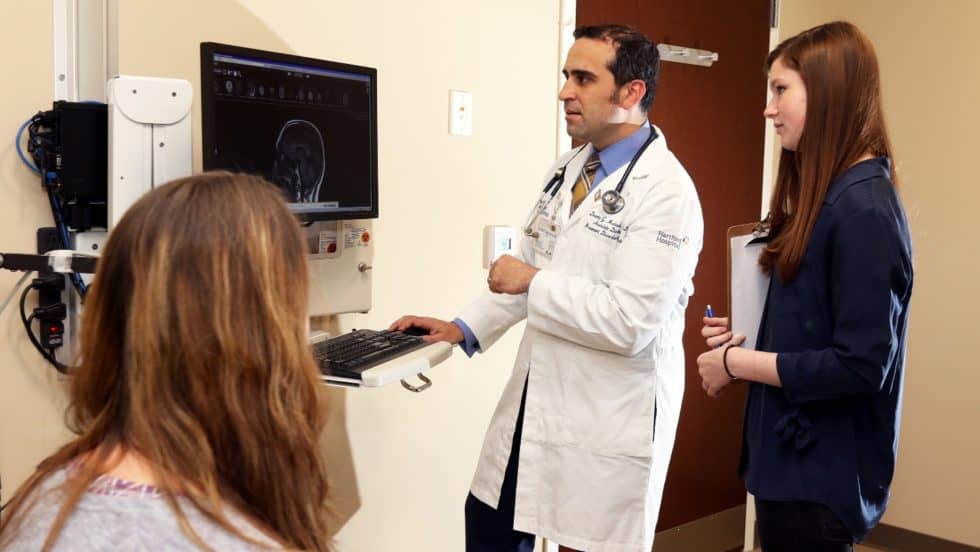
Health Fellows Program
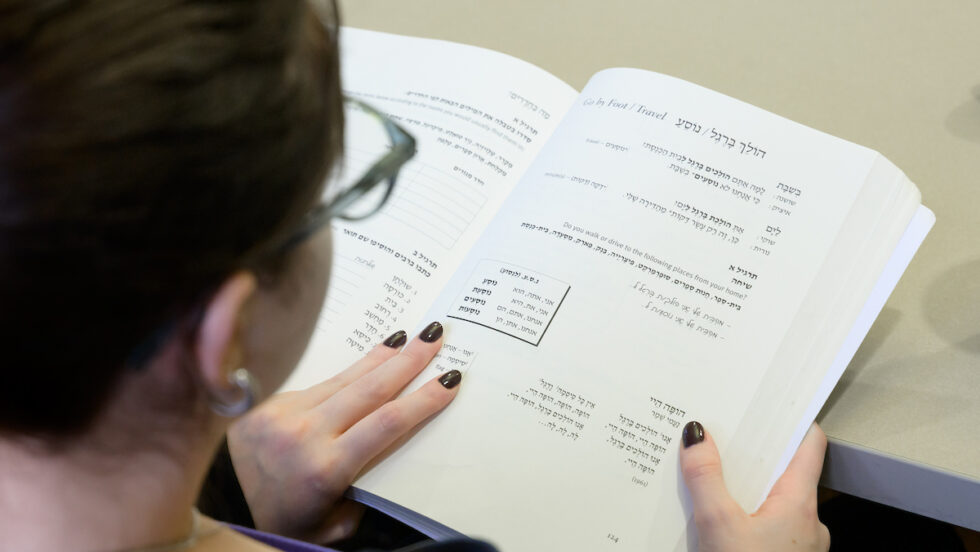
Hebrew
Hispanic Studies

History
Human Rights
Humanities Gateway Program
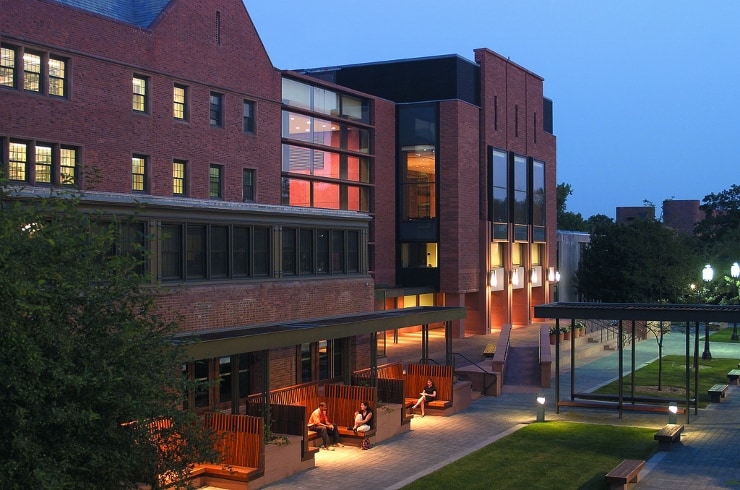
Information Services

Innovation Hub
InterArts Program
Interdisciplinary Computing
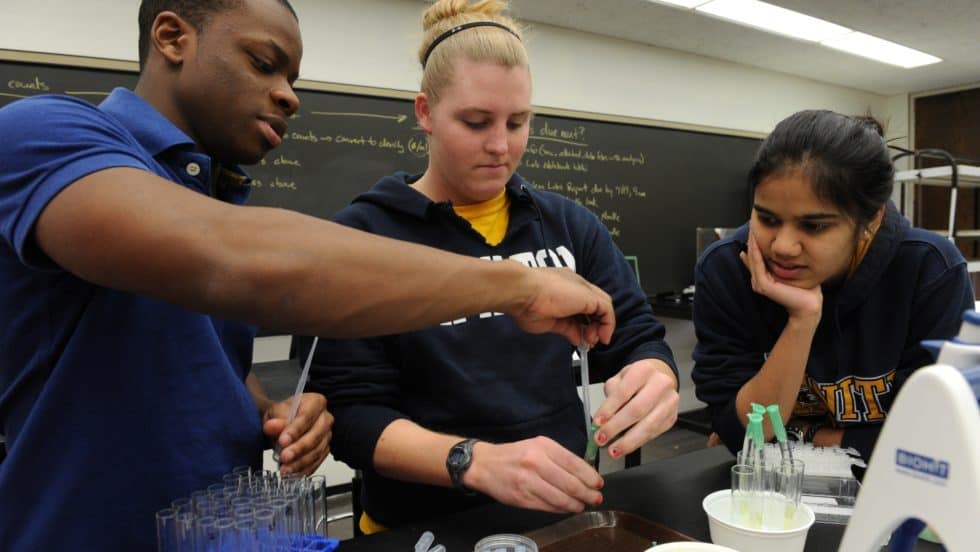
Interdisciplinary Science Center
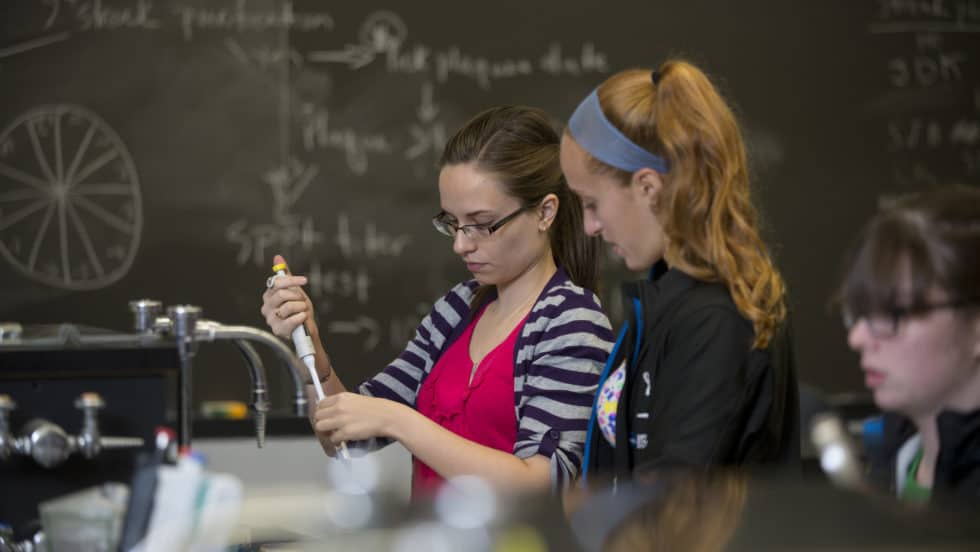
Interdisciplinary Science Program
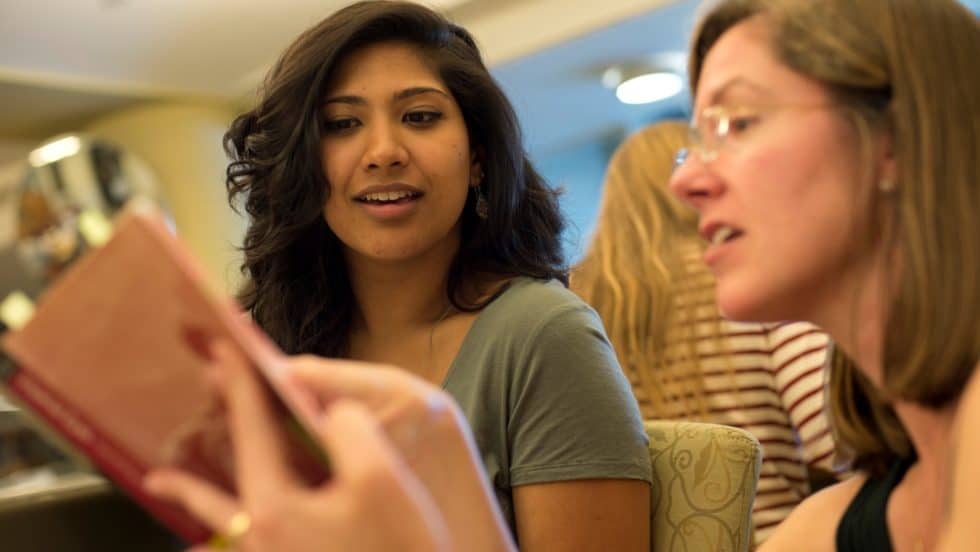
International Studies
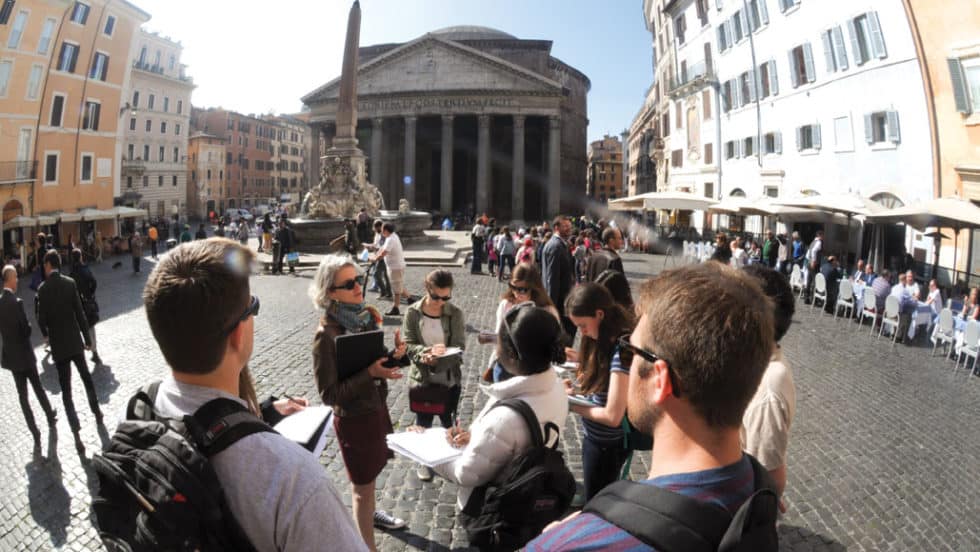
Italian Studies
Japanese Studies
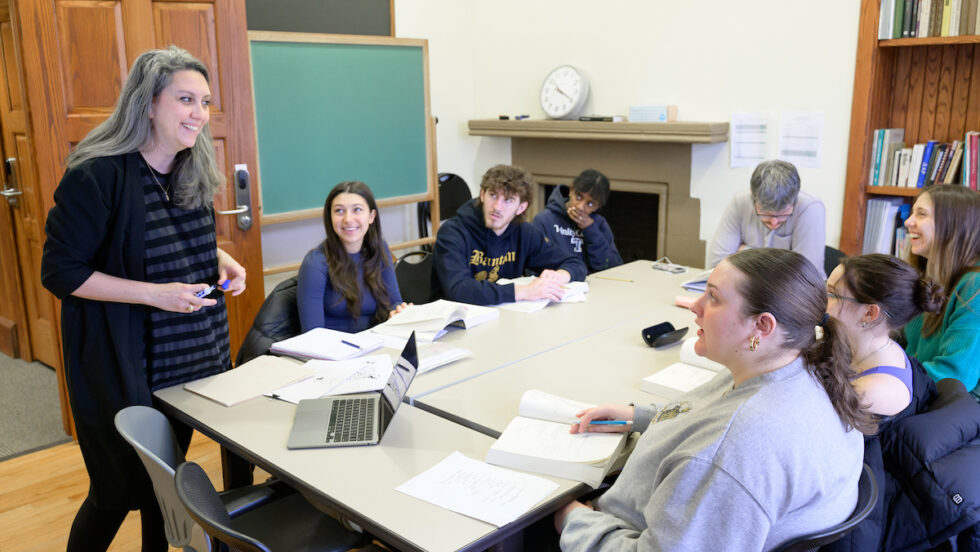
Jewish Studies
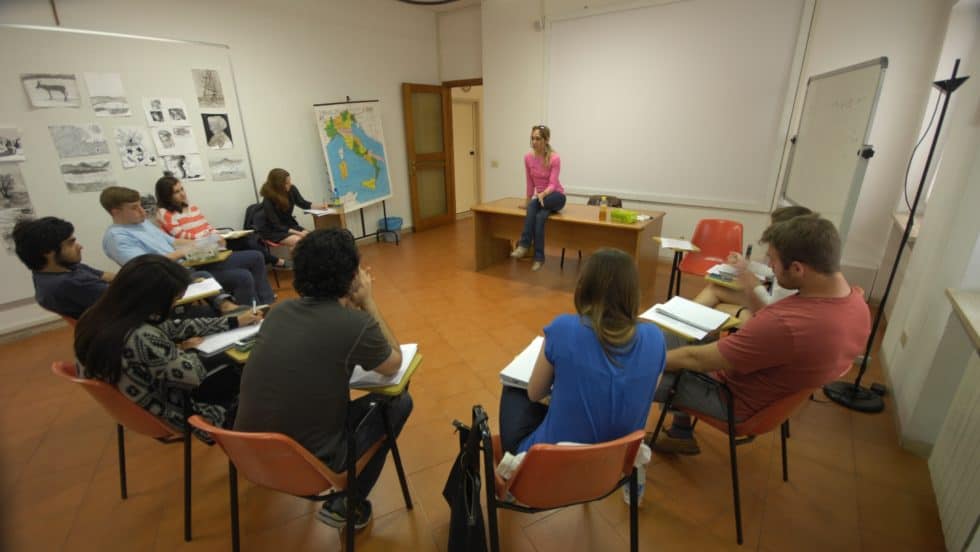
Language and Culture Studies
Latin
Latin American Studies
Legal Studies
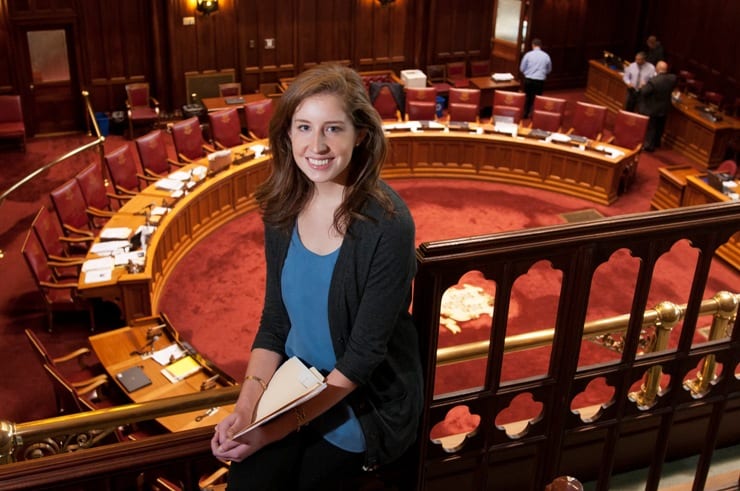
Legislative Internship Program
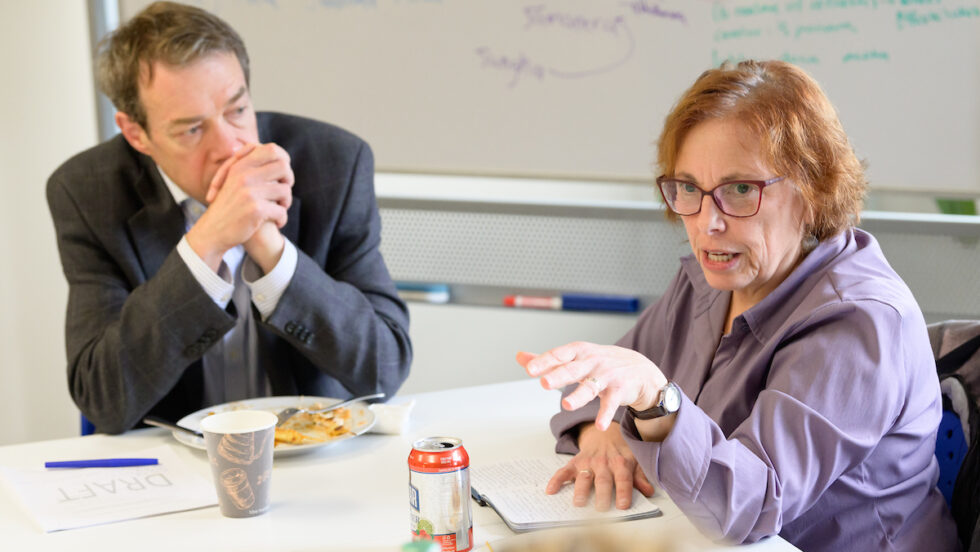
Leonard E. Greenberg Center for the Study of Religion in Public Life
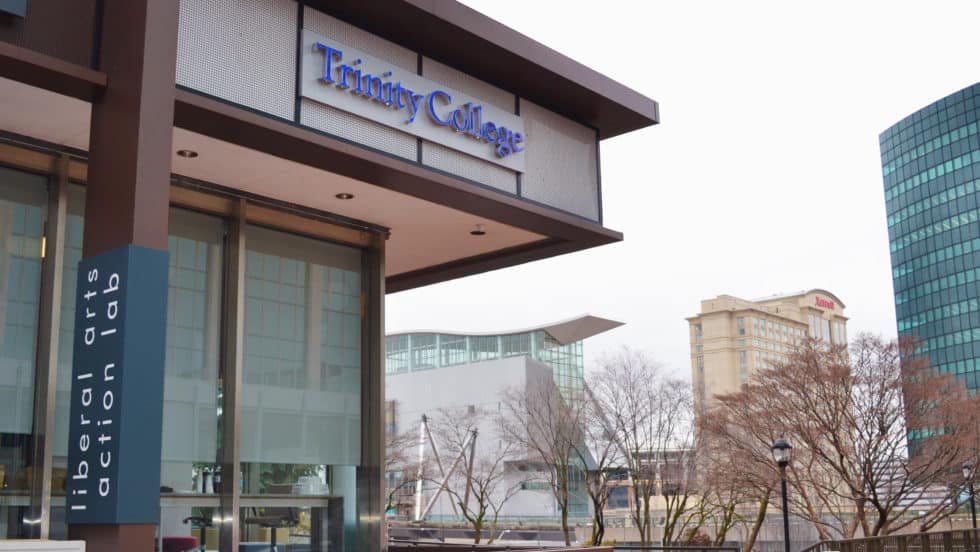
Liberal Arts Action Lab
Literature and Psychology
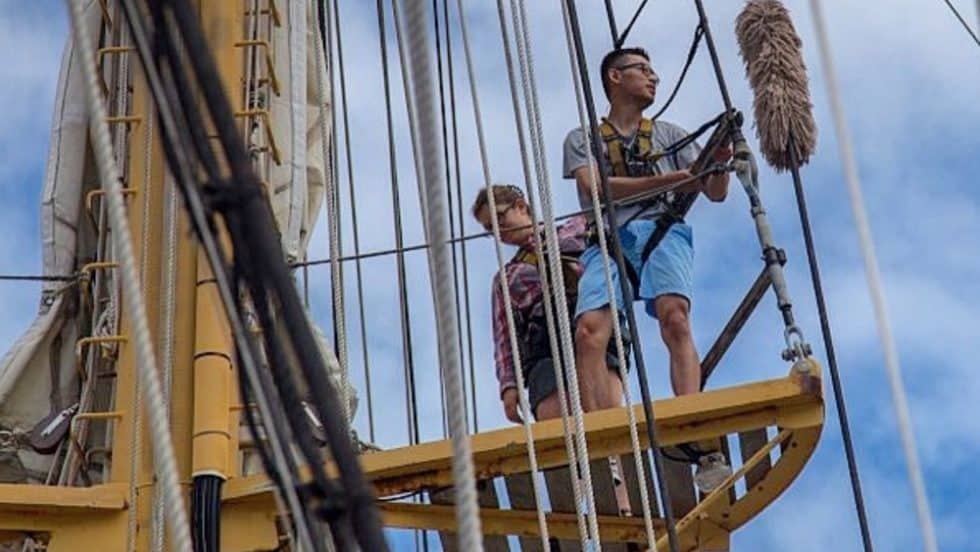
Marine Studies
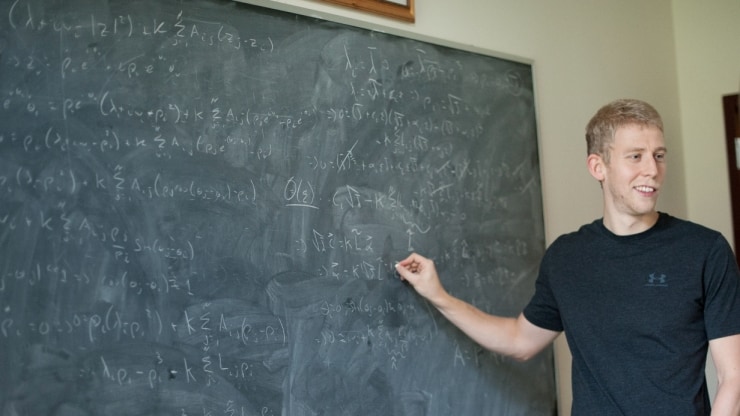
Mathematics
Medieval and Renaissance Studies
Middle East Studies
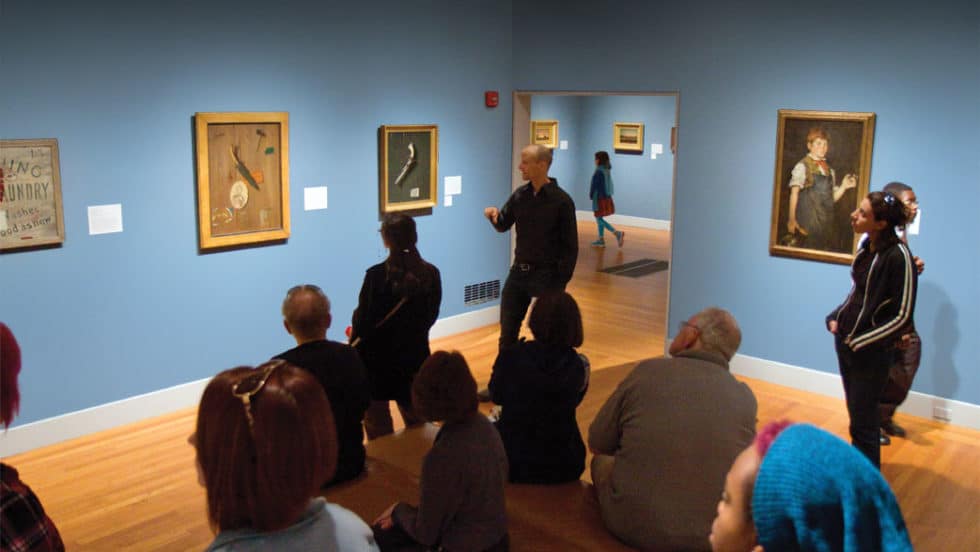
Museums and Communities
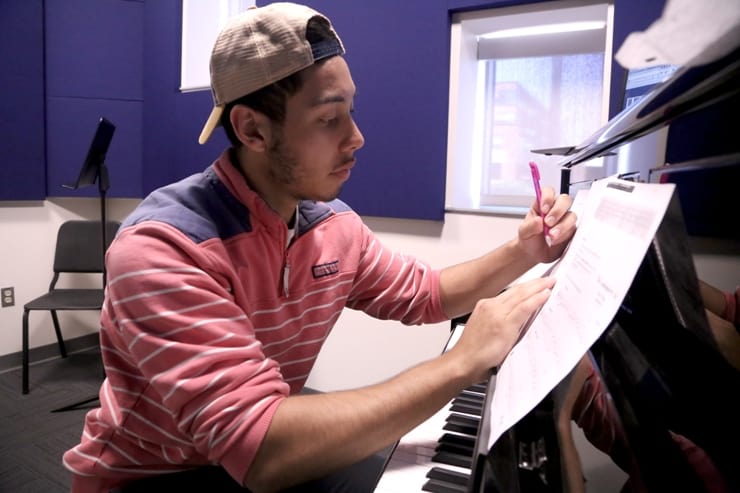
Music
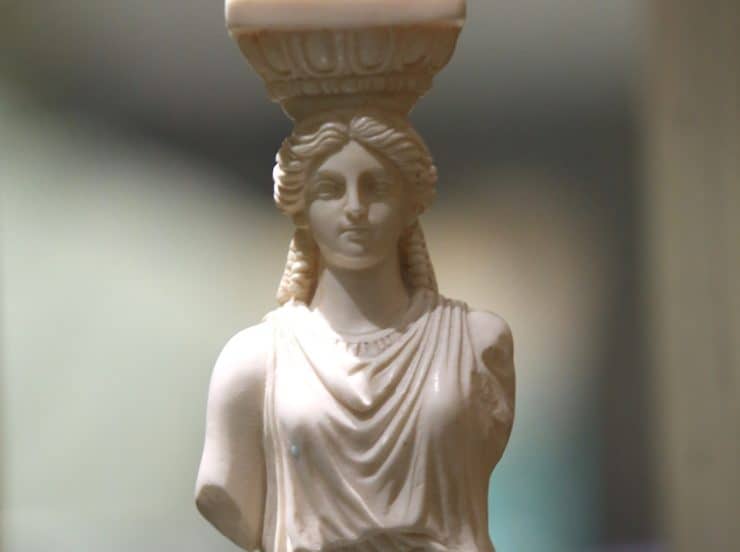
Mythology
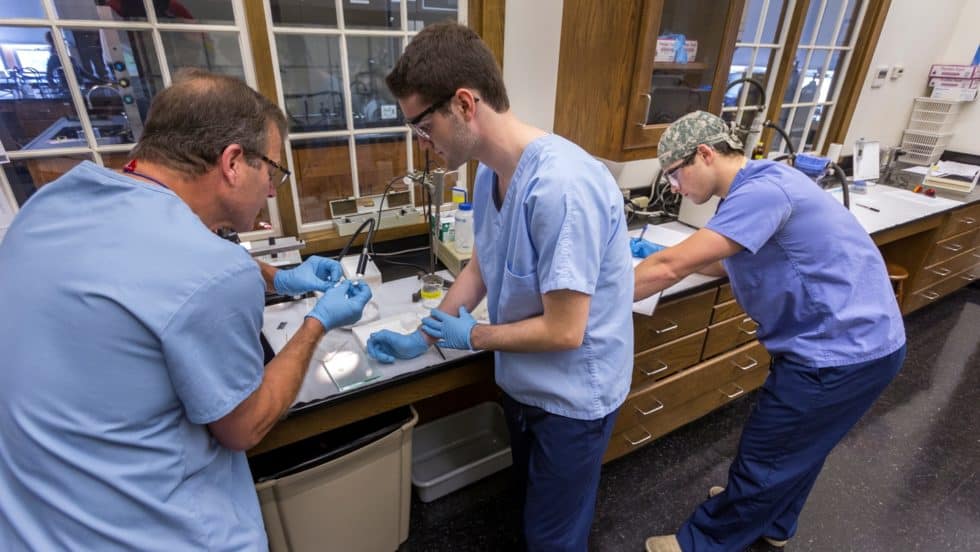
Neuroscience
Philosophy
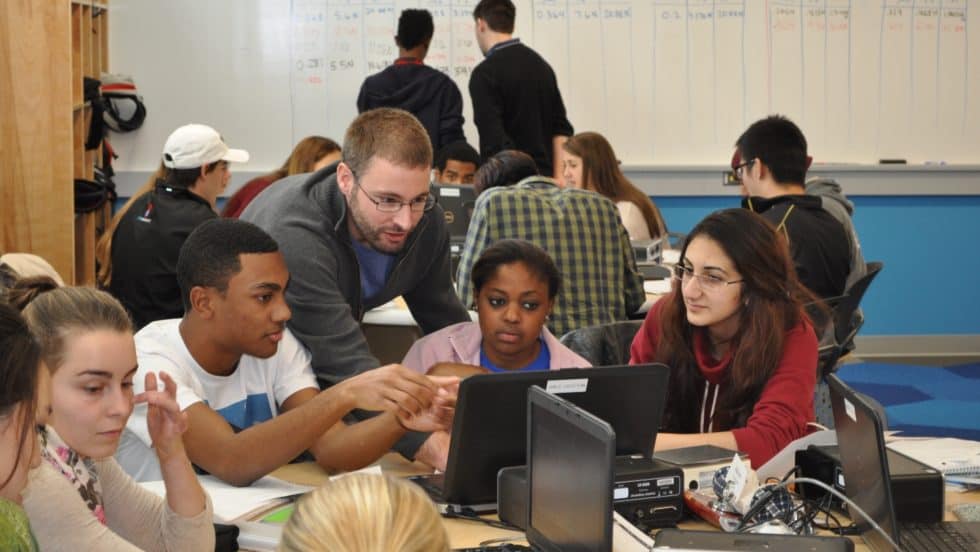
Physics
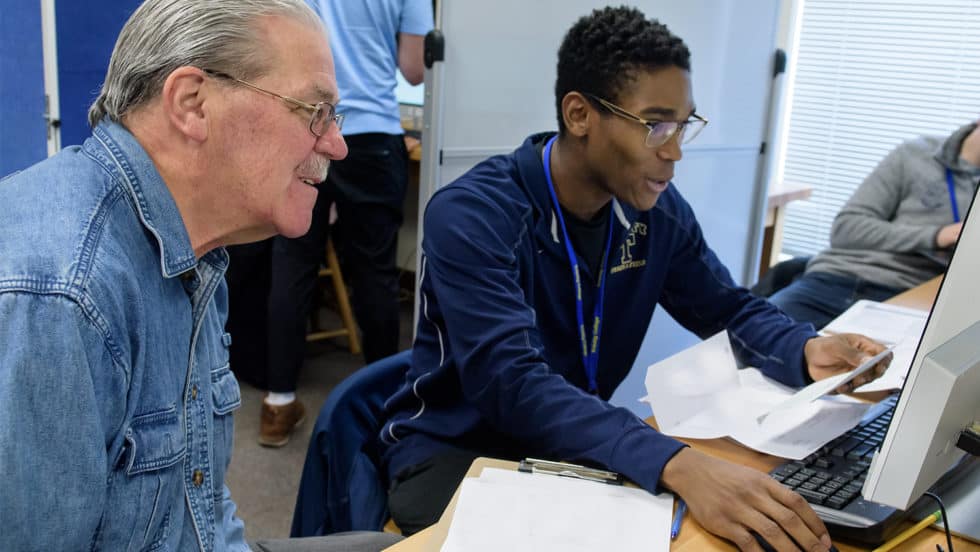
Political Science
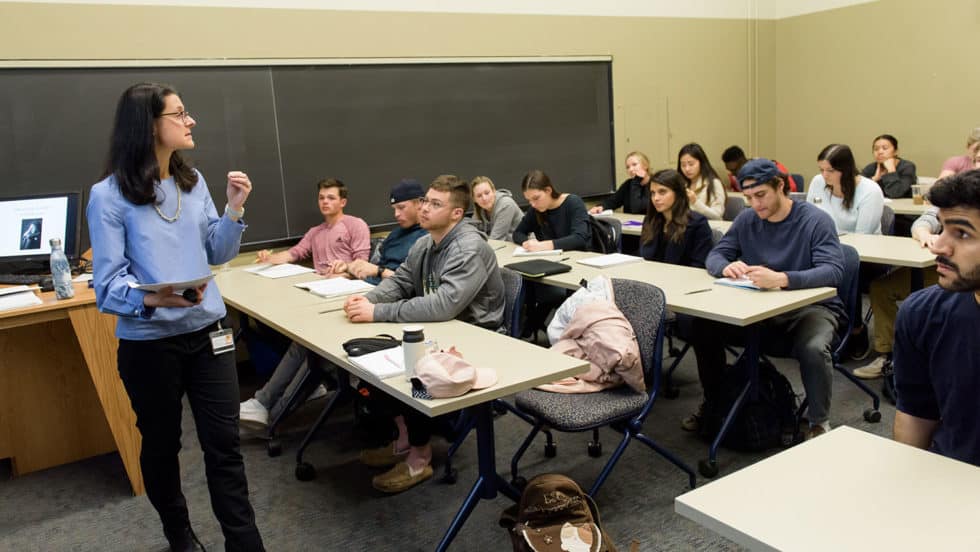
Psychology
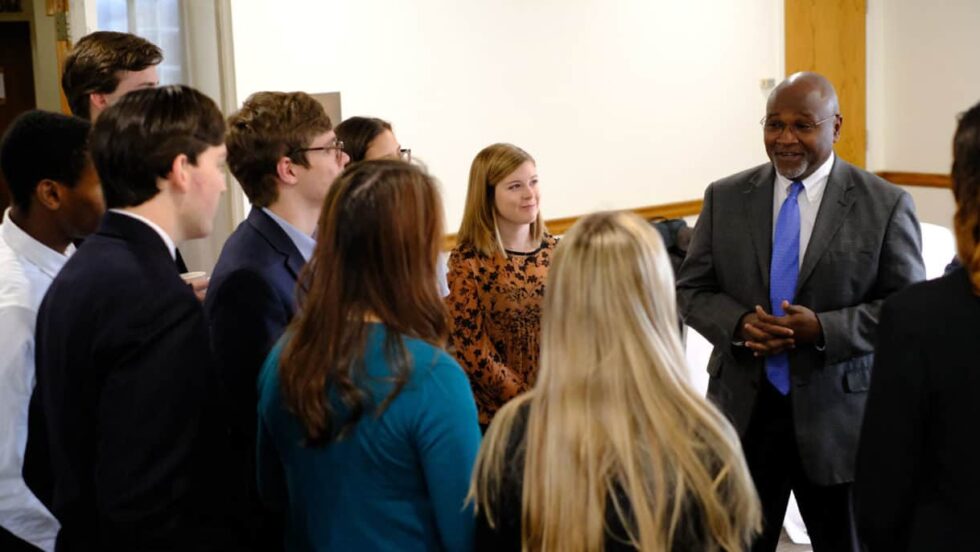
Public Policy
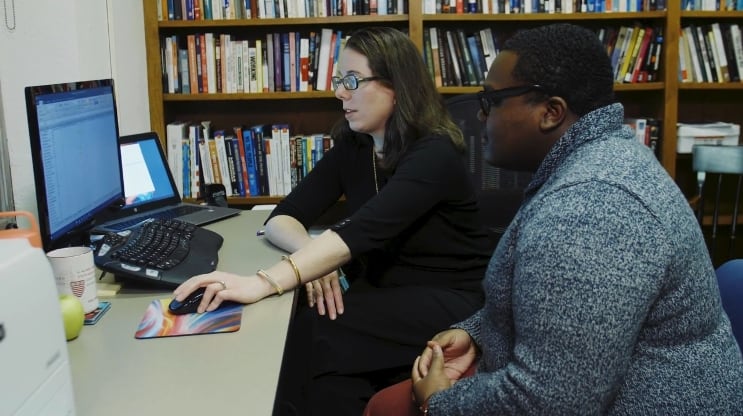
Public Policy and Law
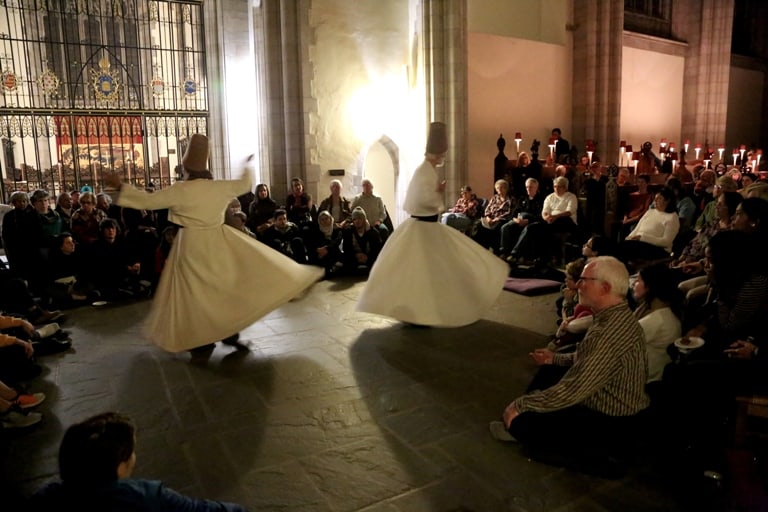
Religious Studies
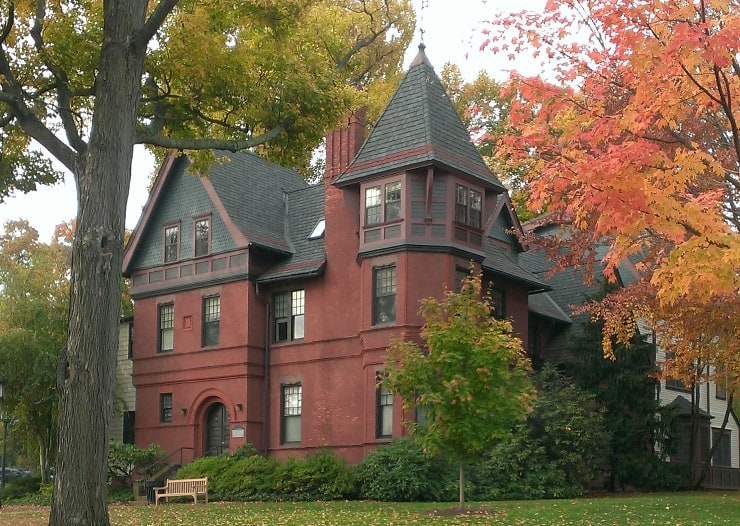
Rhetoric, Writing, and Media Studies
Russian and Eurasian Studies
Russian Studies
Sociology
Student-Designed, Interdisciplinary Majors and Minors
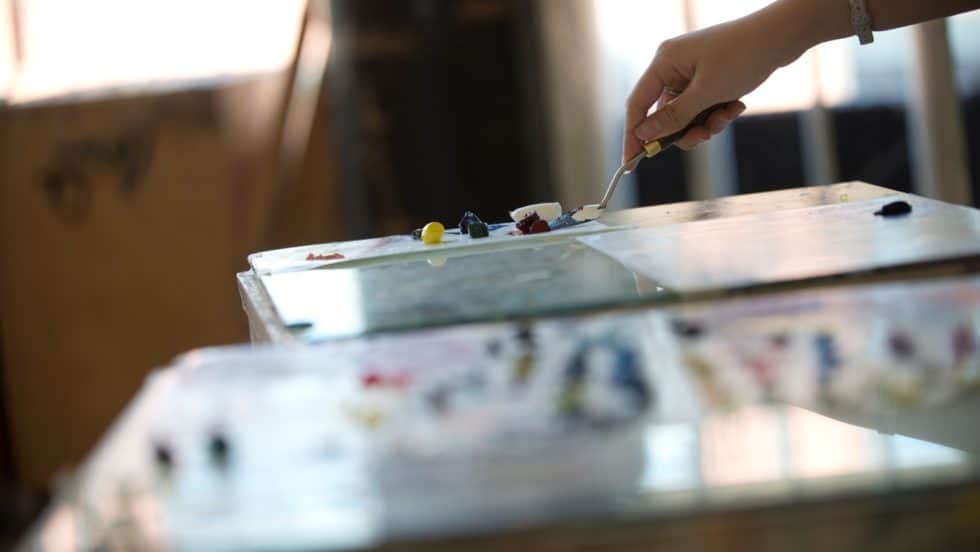
Studio Arts
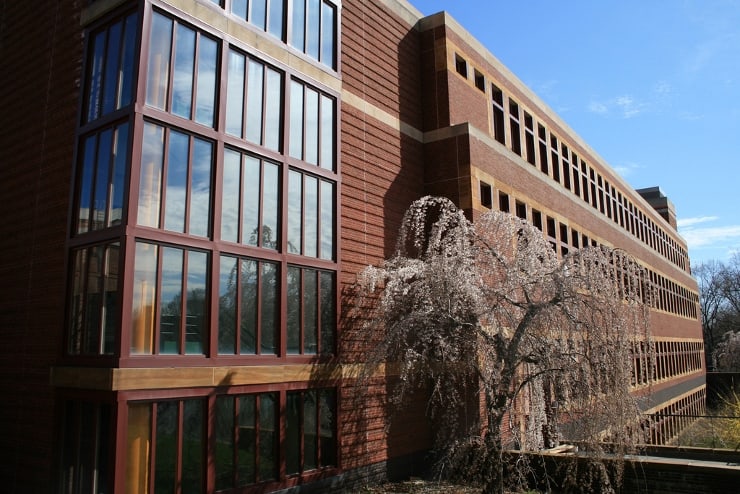
The Aetna Quantitative Center
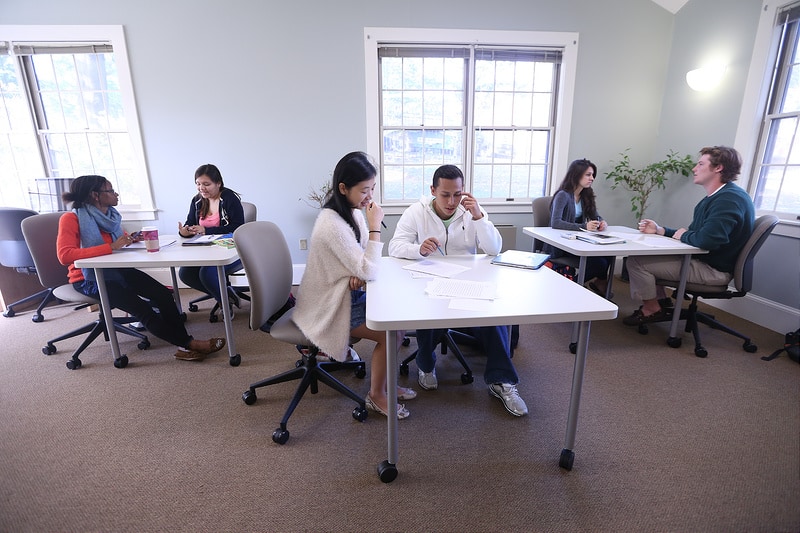
The Allan K. Smith Center for Writing and Rhetoric
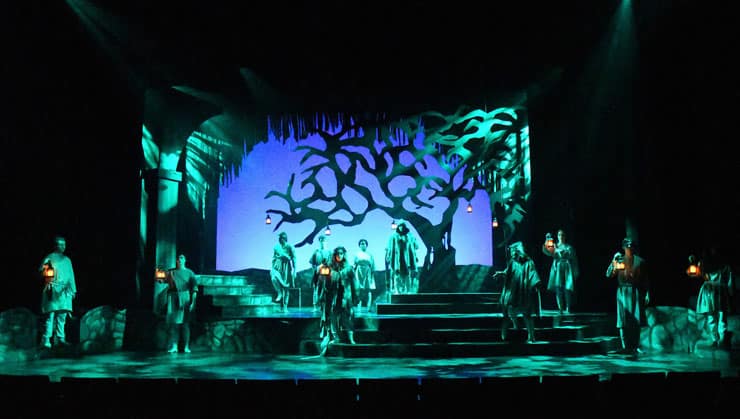
Theater and Dance

Trinity College Library
Trinity Institute for Interdisciplinary Studies
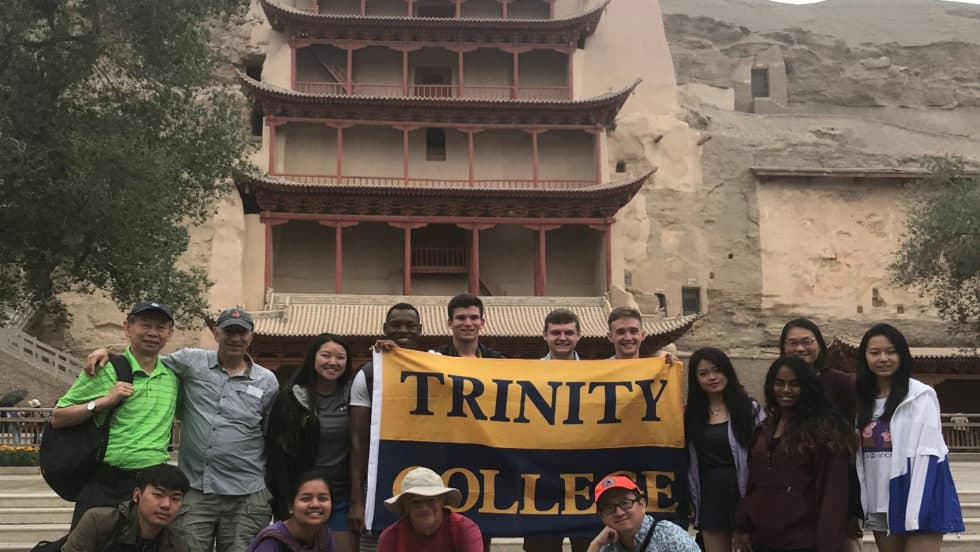
Urban China Studies
Urban Educational Initiatives

Urban Planning

Urban Studies
Women, Gender, and Sexuality
World Literature and Culture Studies
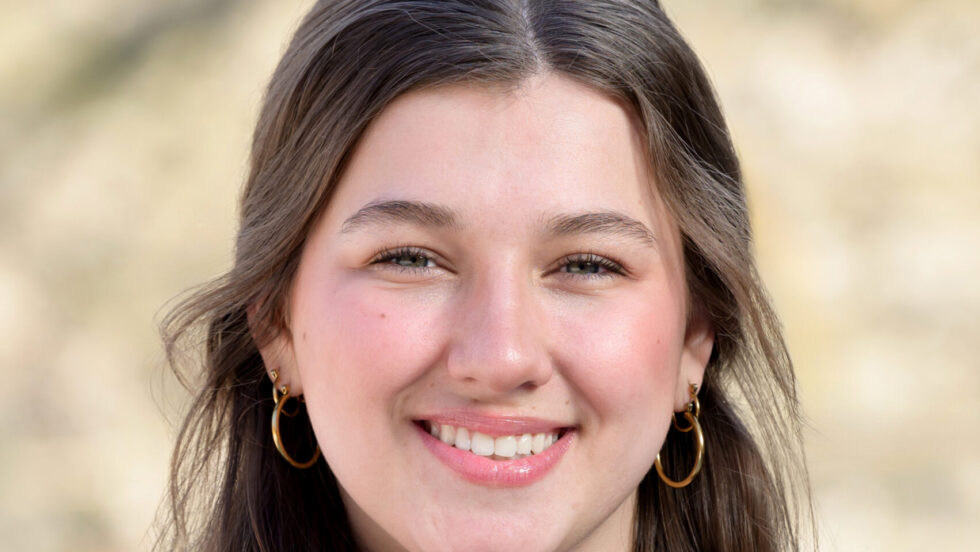
Tales of a Campus Tour Guide
Abby Fortuin ’27 worked last fall as a New Student Orientation (NSO) leader and is currently an Admissions student recruitment ambassador, giving campus tours to prospective students and their families. She is passionate about telling anybody (and everybody!) all about Trinity.
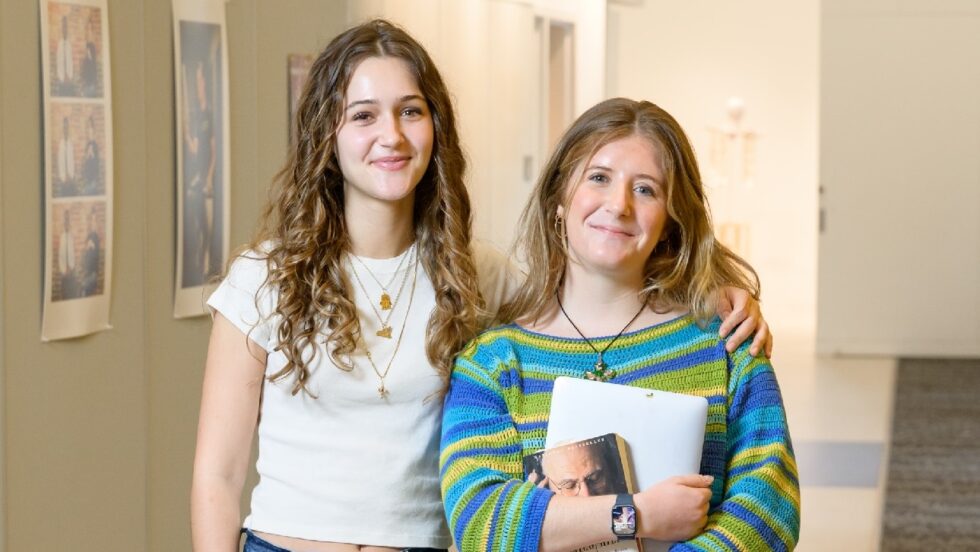
Twins at Trin: Following Different Paths at the Same College
Going to college with your twin means always having family, a friend, and a piece of home nearby. Twins attending Trinity College together are there to support each other, even as they explore different majors and career possibilities.
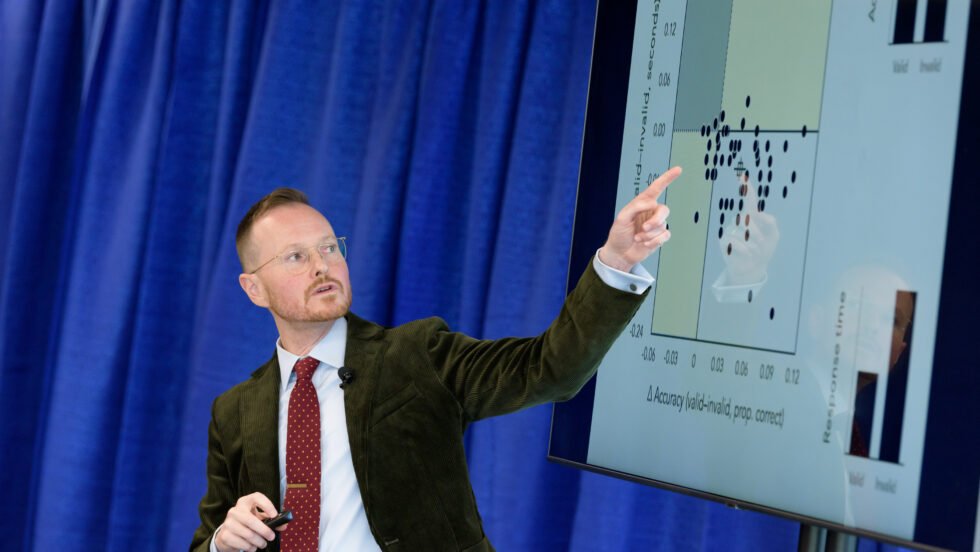
Trinity Students and Faculty Member Publish Attention-Grabbing Research Study
Their research focuses on an automatic form of spatial attention. “If your phone is sitting on the desk and the screen lights up, you’ll automatically notice it,” said Michael A. Grubb, associate professor of psychology.
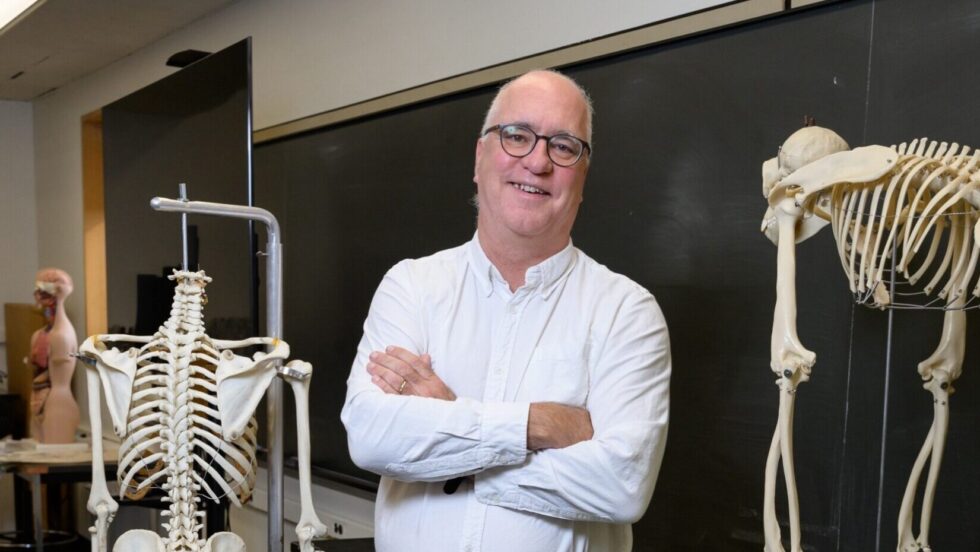
Thomas S. Johnson Distinguished Professor of Biology Kent Dunlap Talks Necks and Brain Cells
Kent Dunlap, recently named Thomas S. Johnson Distinguished Professor of Biology, has been at Trinity College for 26 years.
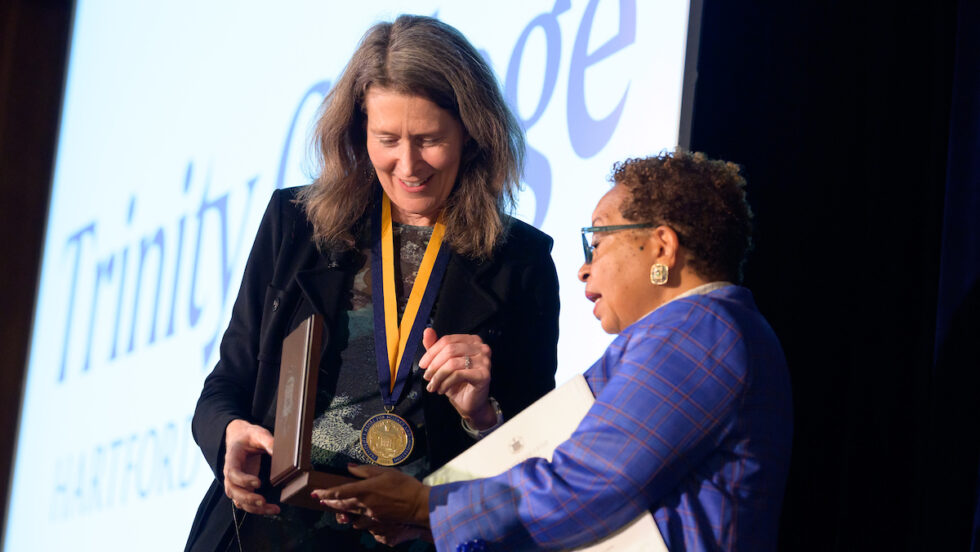
Alumna Kaja LeWinn ’98 Receives President’s Medal for Science and Innovation
In conjunction with the medal ceremony, LeWinn delivered the Presidential Distinguished Lecture, titled “Achieving equity in child mental health and neurodevelopment: integrating insights from epidemiology, neuroscience, and psychology.” The following day, Berger-Sweeney joined LeWinn on stage in the Washington Room for a conversation about their work as scientists and leaders. During the discussion, LeWinn offered tips on optimizing neurodevelopment in young children. “Establish a protective, nurturing environment, and an environment with a lot of cognitive stimulation,” she said. “There’s the most evidence for [the benefits of] language exposure, so I always just tell parents, you should just talk to your baby. There are things like that that I think can make a big difference.” Kaja LeWinn ’98 Receives President’s Medal for Science and InnovationKaja LeWinn ’98 in conversation with President Joanne Berger-Sweeney. While she acknowledged larger systemic inequalities at play, LeWinn said certain policy changes and investments could help support families and their children, with the greatest impact felt when children are youngest. “There are already great programs shown to do wonderful things that are very evidence based, [such as] home programs to help new parents learn about infant development and parenting,” she said. “These are like Head Start, but more resourced, more intensive, and more attuned to individual needs… Setting people up with a foundation to succeed really seems to be the most effective thing to do.” In response to a question from a student in the audience about how to encourage more students of color to pursue STEM fields and to provide them with support, Berger-Sweeney talked about her work to increase the number of faculty members of color at every institution she joins. “You have to change an entire ecosystem to really have an influence,” she said, “but one thing I was absolutely sure would make a difference was if we could bring in more people of color as STEM faculty members, where students could see themselves in those positions.” After the discussion, LeWinn met with students in the Underground Coffeehouse for coffee and casual conversation, and later took part in the Psi Chi/Nu Ro Psi induction ceremony. Kaja LeWinn ’98 Receives President’s Medal for Science and InnovationKaja LeWinn ’98 delivers the Presidential Distinguished Lecture. Driven by a conviction that all children should have the opportunity to realize their full potential, LeWinn’s research integrates perspectives from epidemiology, psychology, and neuroscience to identify the modifiable physical and social exposures that matter most for child neurodevelopment and mental health in underrepresented and understudied populations. After graduating Phi Beta Kappa from Trinity with a major in behavioral neuroscience, LeWinn went on to earn a doctoral degree in social epidemiology from the Harvard School of Public Health. She was then selected for the prestigious Robert Wood Johnson Health and Society Scholars program, which brought her to San Francisco. LeWinn is a leader of several regional and national epidemiological studies, including the National Institutes of Health-funded ECHO Consortium, which follows more than 30,000 U.S. children and their families. She has authored more than 130 peer-reviewed publications, and her work has been featured in The Atlantic, NPR, Fortune, and other news outlets. The President’s Medal for Science and Innovation Advisory Committee, which includes prominent STEM faculty at Trinity College, leads the process to select recipients, and recommends to the president highly qualified candidates who have made significant advancements through STEM fields. Recipients are not necessarily graduates of Trinity but have made lasting contributions to their field. The introduction of the award earlier this year supports the College’s goal of elevating Trinity’s standing in the sciences nationally. The inaugural recipient in spring 2024 was Eric R. Fossum ’79, H’14, the John H. Krehbiel Sr. Professor for Emerging Technologies at the Thayer School of Engineering at Dartmouth College, director of Thayer’s Ph.D. Innovation Program, and vice provost for entrepreneurship and technology transfer at Dartmouth. Fossum—a winner of the prestigious Queen Elizabeth Prize for Engineering—invented the CMOS active pixel image sensor used in almost all cell-phone cameras, webcams, many digital-still cameras, and in medical imaging, among other applications. Learn more about the President’s Medal for Science and Innovation here.
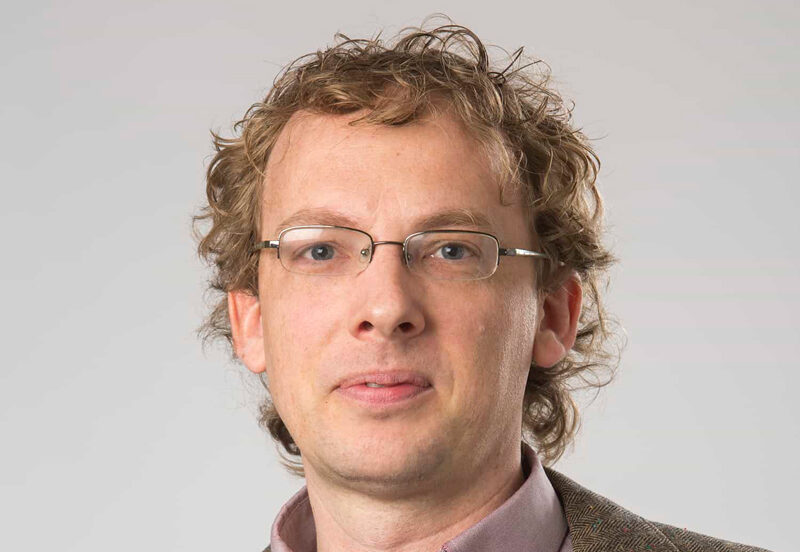
Trinity College Professor to Lead National Center for the Defense of Academic Freedom
In recognition of today’s higher education landscape that includes government intervention, celebrity extremists, personal attacks on social media, and foreign interference, the American Association of University Professors (AAUP) recently launched a new center and appointed as its director Isaac Kamola, associate professor of political science at Trinity College.
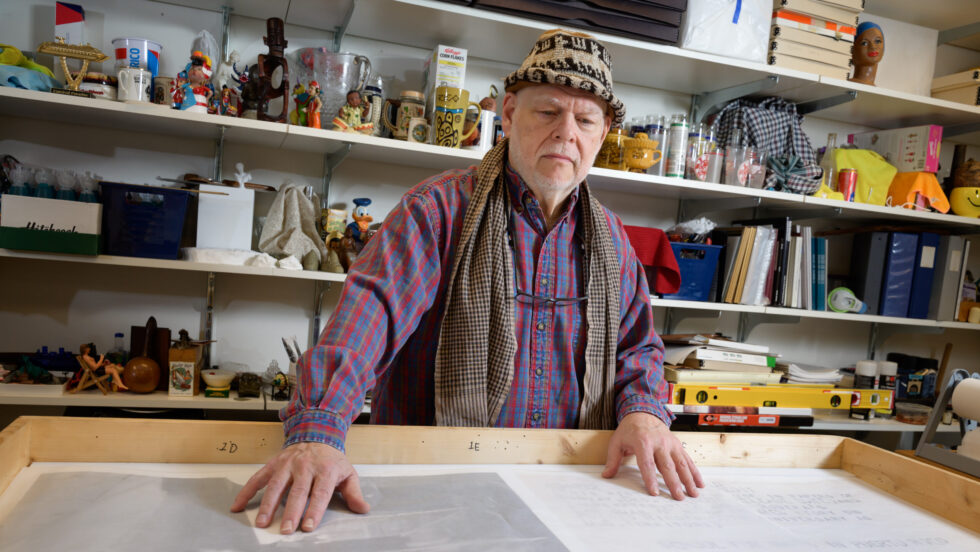
Video: An Inside Look at Trinity Fine Arts Professor’s Exhibit at the Venice Biennale
Since 1895, La Biennale di Venezia—the Venice Biennale—has been the most prestigious and influential showcase of contemporary art in the world, with millions of attendees. This year, Pablo Delano, the Charles A. Dana Professor of Fine Arts at Trinity College, was among the international artists invited by curator Adriano Pedrosa to present their work in the Central Pavilion.
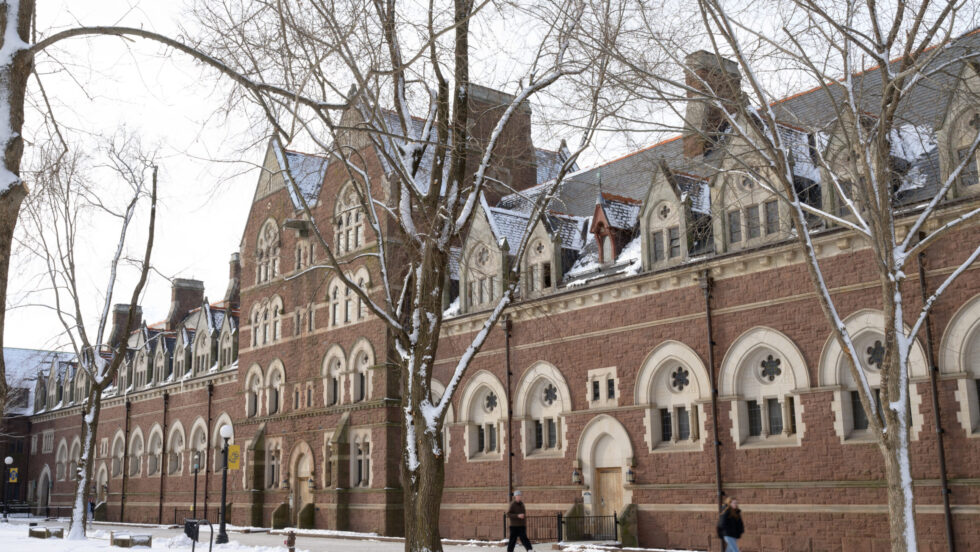
Trinity College Earns Carnegie Classification for Research
In April 2025, the College will be listed as one of the country’s “Research Colleges and Universities” because of its significant research and development activities, which exceed $2.5 million in annual expenditures.
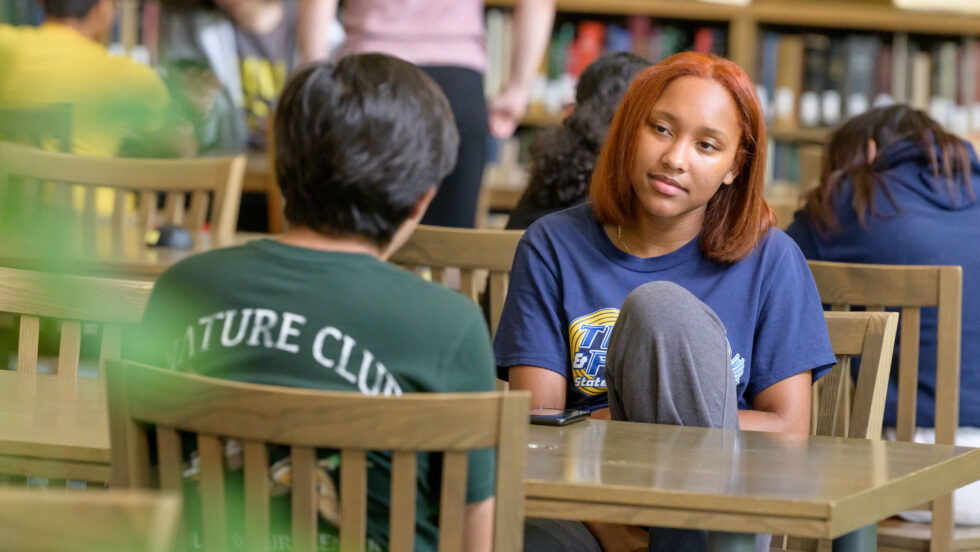
Trinity College Library Earns National Recognition for Inclusiveness
“This recognition reflects our deepest values,” said Kristen Eshleman, vice president for LITS. “Libraries have always been spaces where many voices are represented and heard—where our collections reflect human diversity, and where knowledge is accessible to all.”
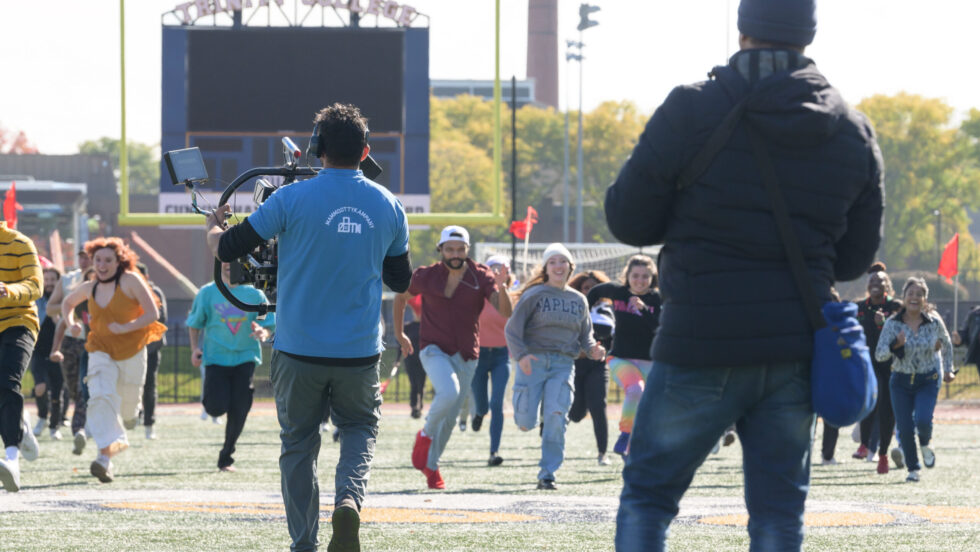
Trinity College Provides Backdrop for Film
The film crew for a feature-length Tollywood production recently descended on Trinity College, capturing footage of iconic campus locations and using student volunteers for several scenes.
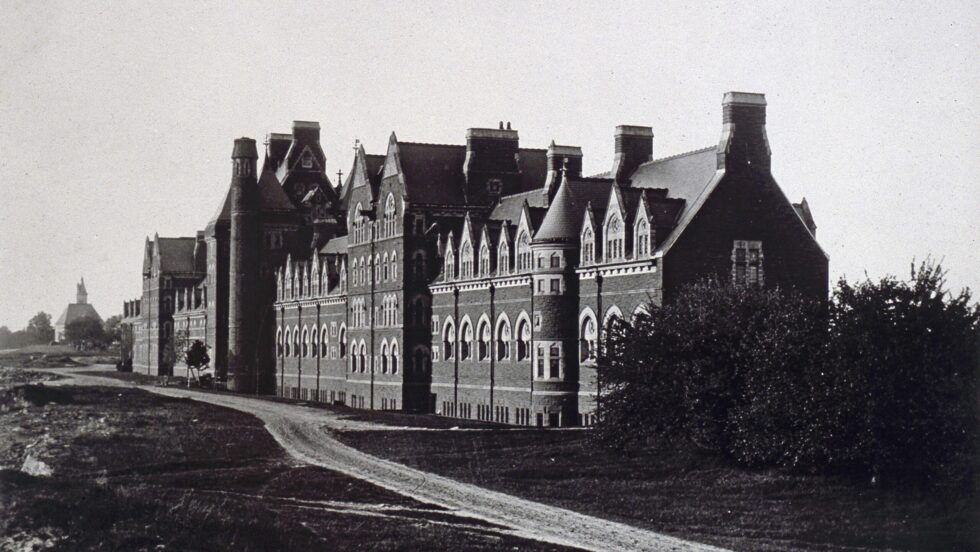
Core of Trinity College’s Campus Named to the National Register of Historic Places
The National Park Service designated an 11.4-acre rectangular area anchored by the Long Walk and Chapel as the Trinity College Long Walk Historic District with national importance.
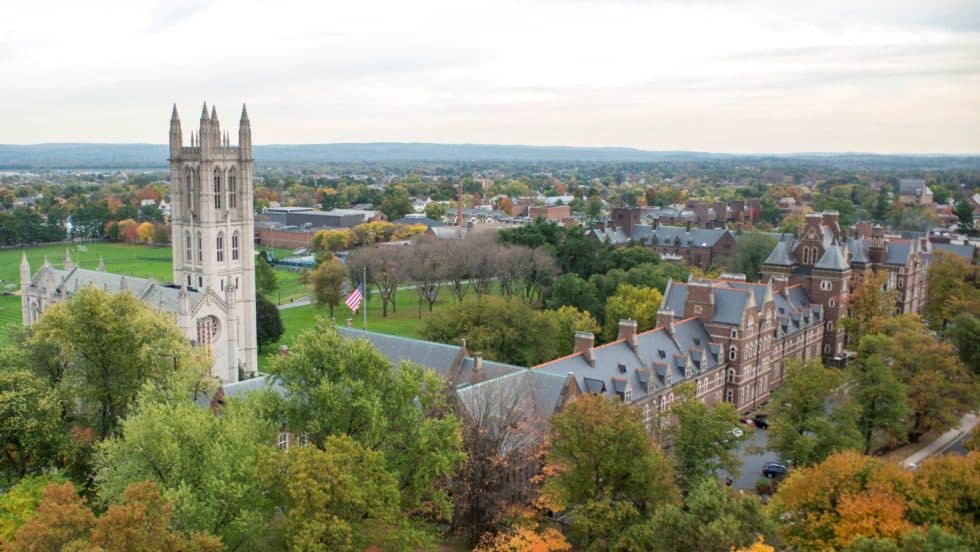
Trinity College Campus is Designated an Arboretum
Trinity’s tree-lined campus invites people to interact with the natural environment, an activity that was formally acknowledged with the new designation of the College as an arboretum.
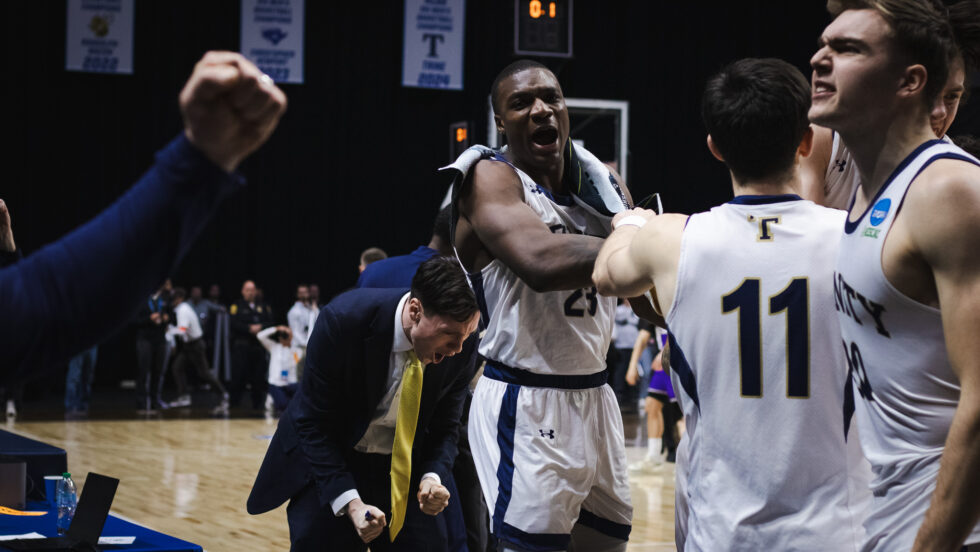
Trinity Men’s Basketball Team Wins its First National Championship
The fourth-ranked Trinity College men’s basketball team claimed the program’s first ever NCAA Division III national championship with a 64–60 victory over top-ranked New York University in the title game on March 22 at the Allen County War Memorial Coliseum in Fort Wayne, Indiana.
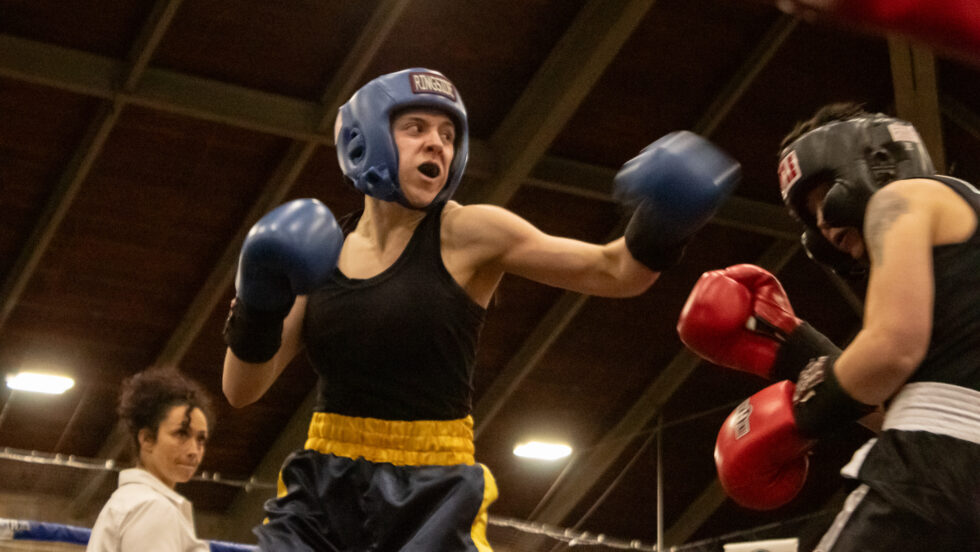
Two Trinity Boxing Club Student-Athletes Competing in National Championships
They had never stepped into the boxing ring before college, but now Wes Silverman ’26 and Samara Quintero ’25 are both fighting to win titles
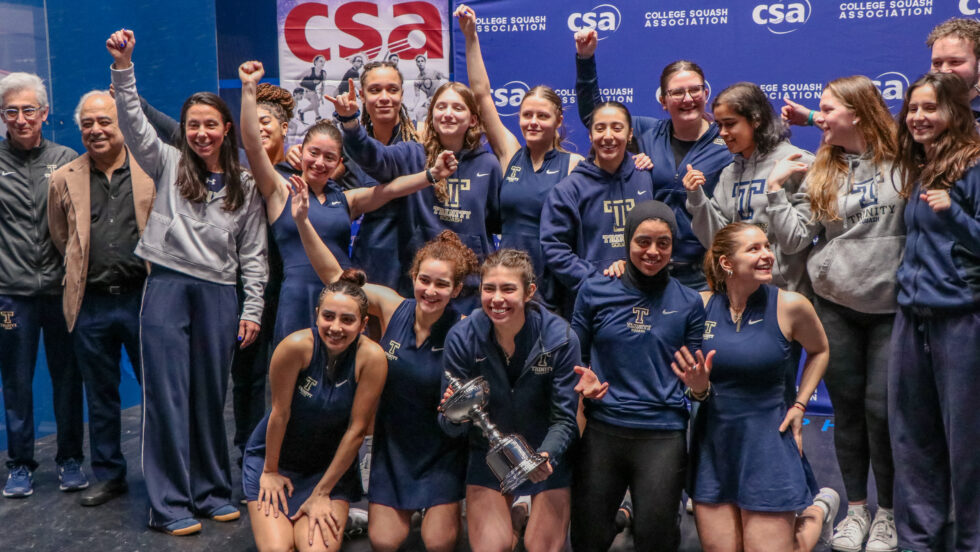
Trinity Women’s Squash Wins Back-to-Back National Championships
The top-ranked Trinity College women’s squash team held its ground at the top on March 9, securing a 5-4 victory over No. 2 Harvard in the 2025 College Squash Association championships, claiming the national title for the second consecutive year.

Trinity College Joins Elite Research Collaboration to Explore the Cosmos
Trinity College was recently accepted to the LIGO (Laser Interferometer Gravitational-wave Observatory) worldwide scientific collaboration, enabling a new physics faculty member to continue researching ways to optimize the detectors that track gravitational waves and new astrophysical phenomena.
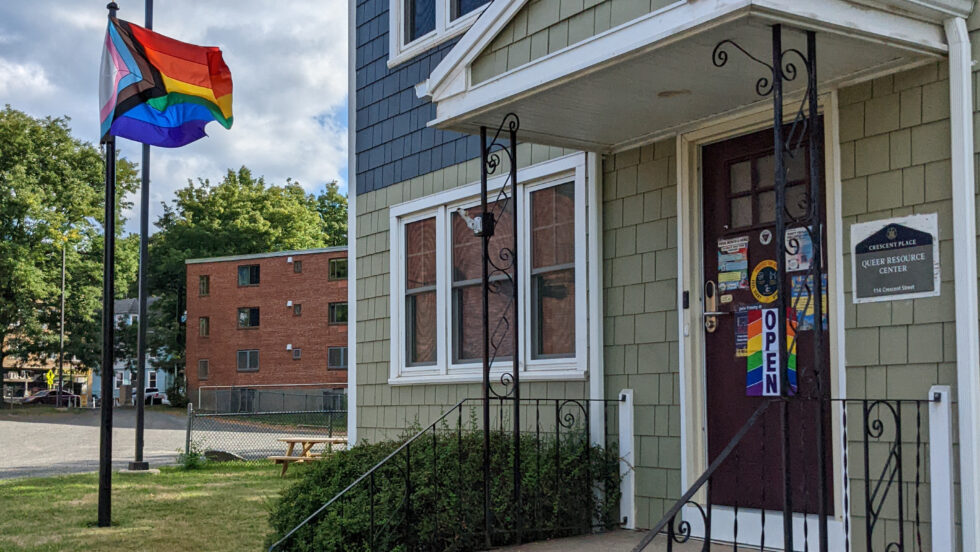
Trinity College Again Earns Top Marks as an LGBTQ-Friendly College
For the second year in a row, Trinity College earned a five-star rating in an independent national assessment of LBGTQ-friendly colleges and universities.

Trinity College Recognized for Robust Student Voter Engagement
The prestigious liberal arts institution earned a bronze award from the nonprofit ALL IN Campus Democracy Challenge for achieving a student participation rate between 20 and 29 percent in the 2022 midterms.
Important Now
News Highlights
View All News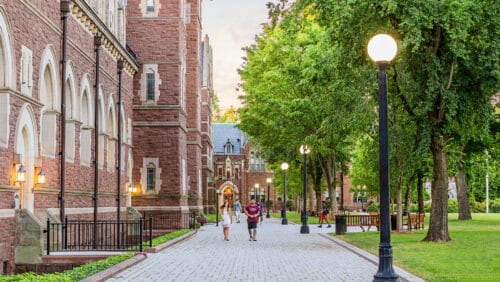
Architectural Digest Names Trinity’s Campus Among the Most Beautiful in America
Trinity College has once again been named by Architectural Digest as one of the most beautiful college campuses in America. The College’s most iconic structures were recently added to the National Register of Historic Places.
